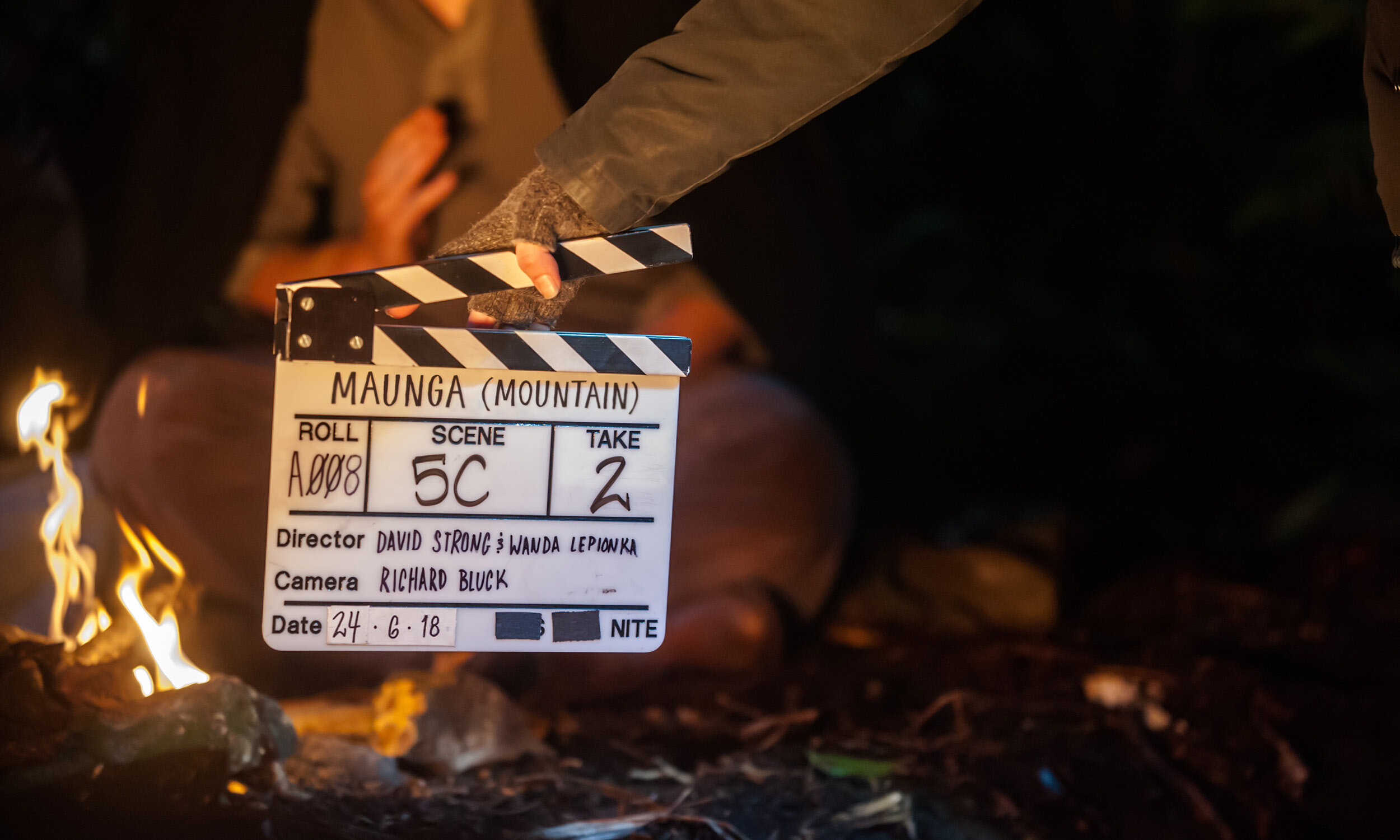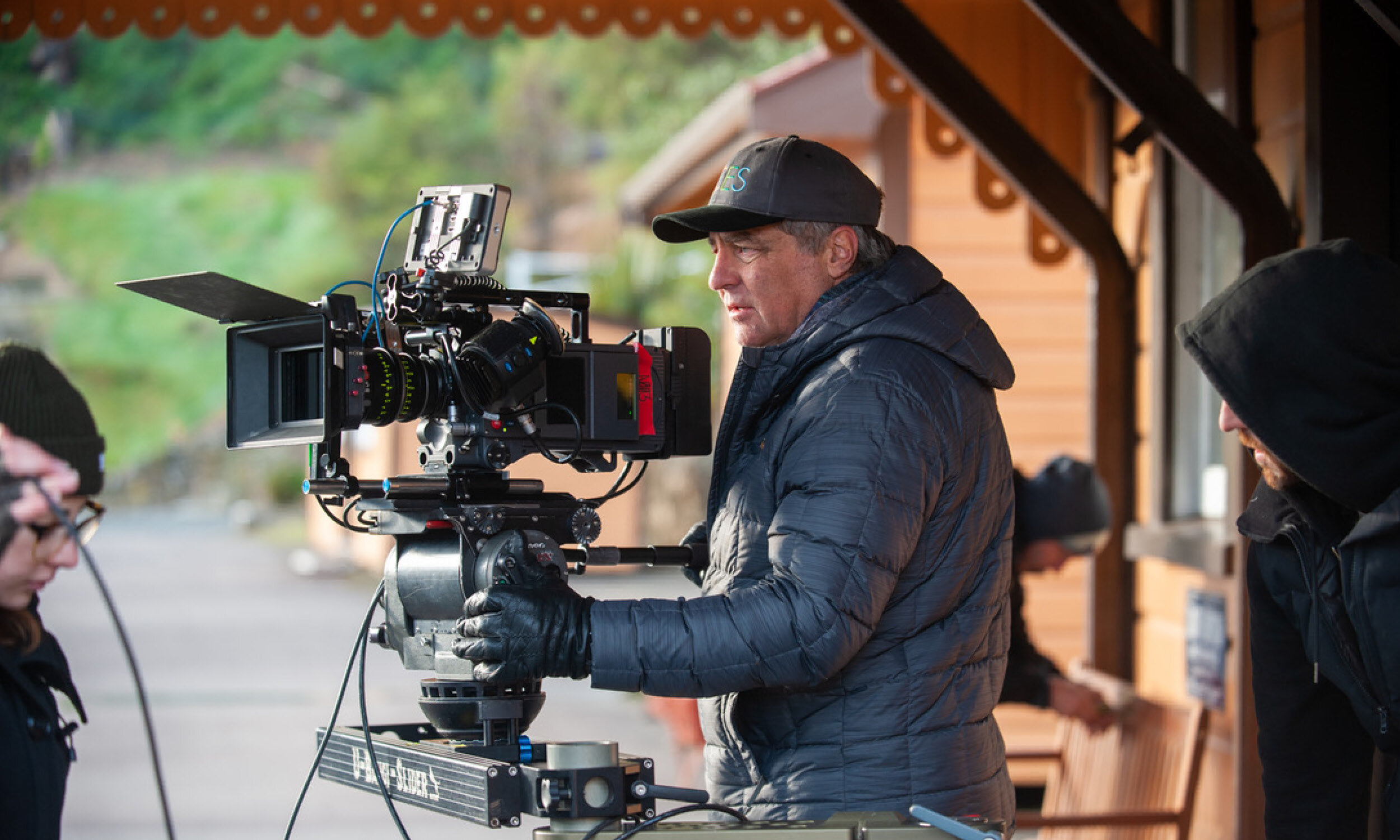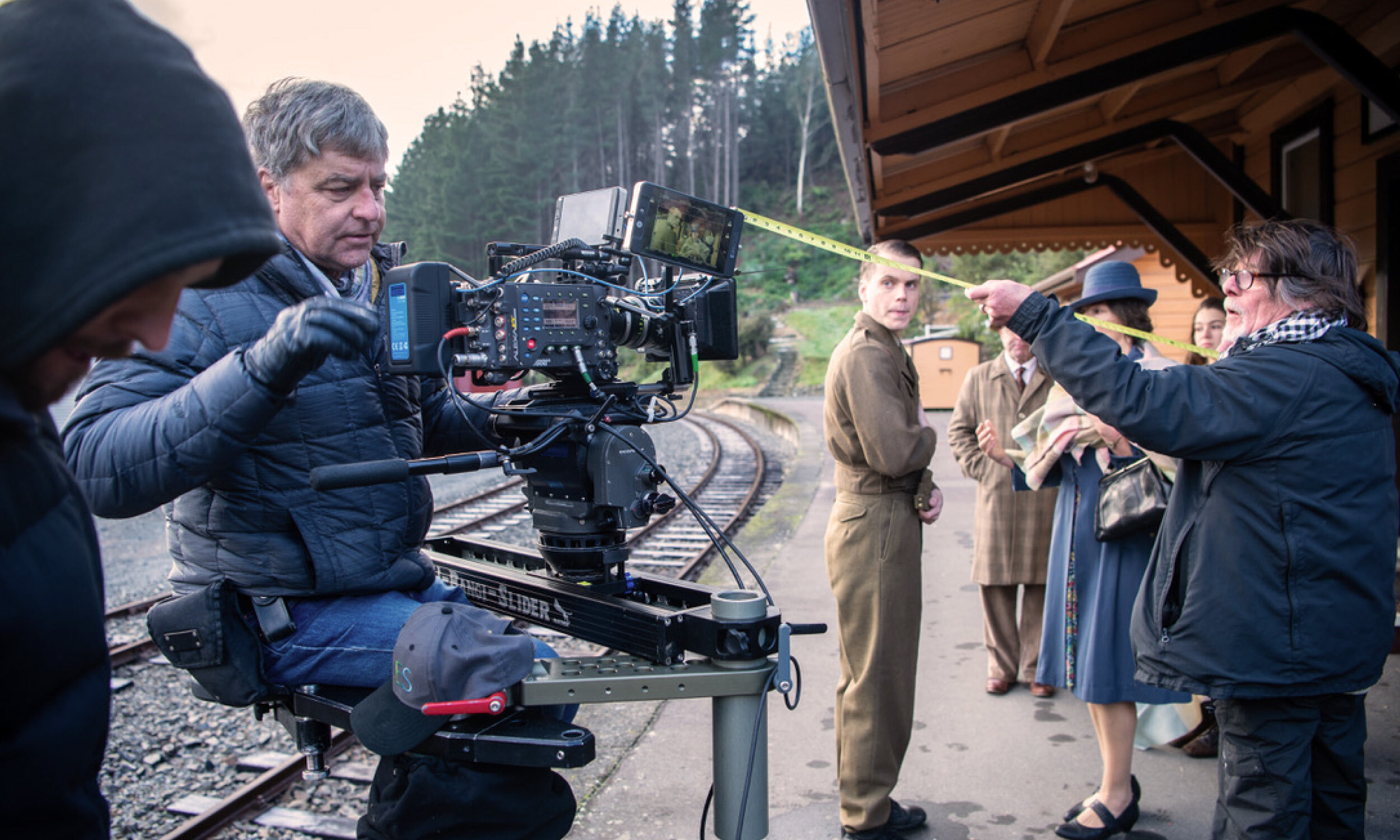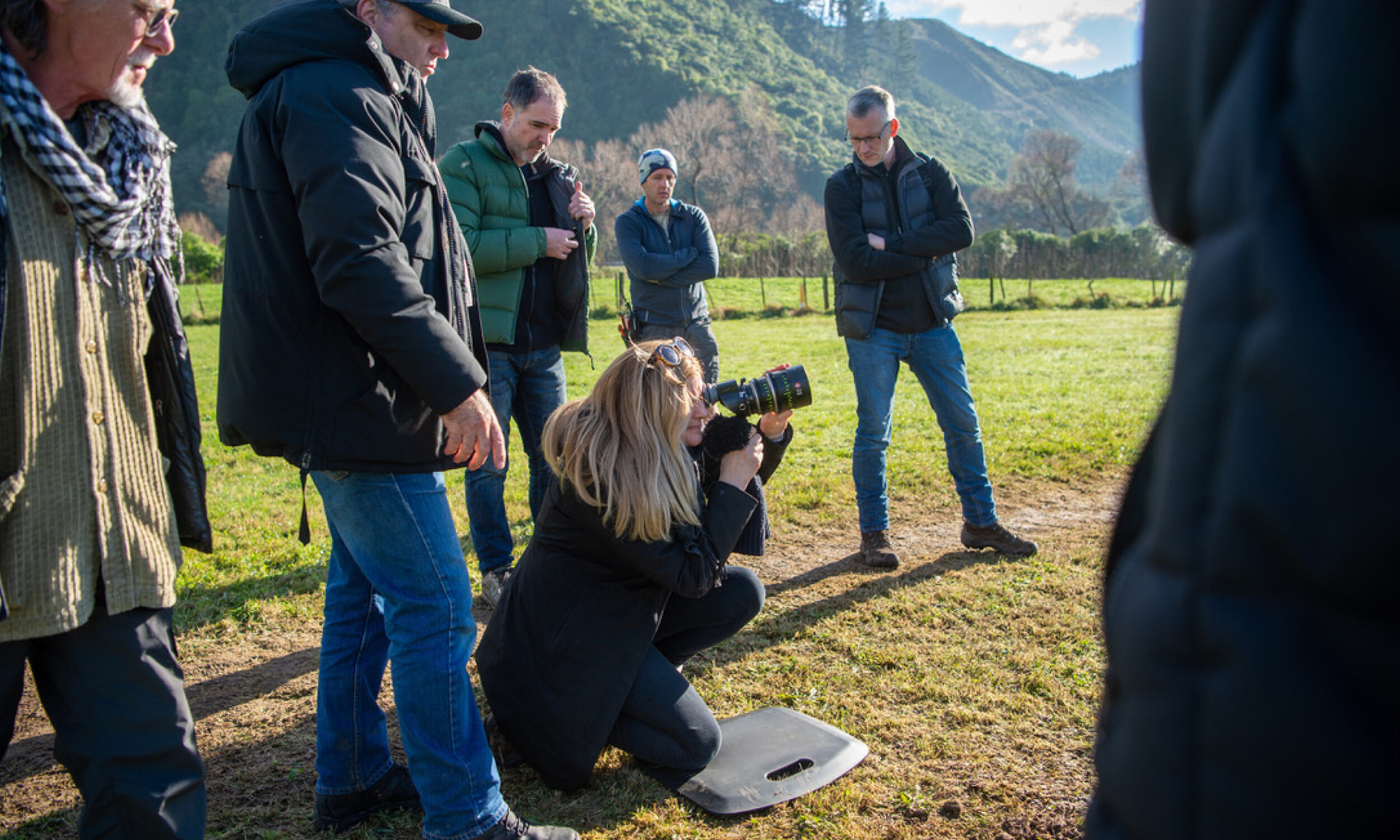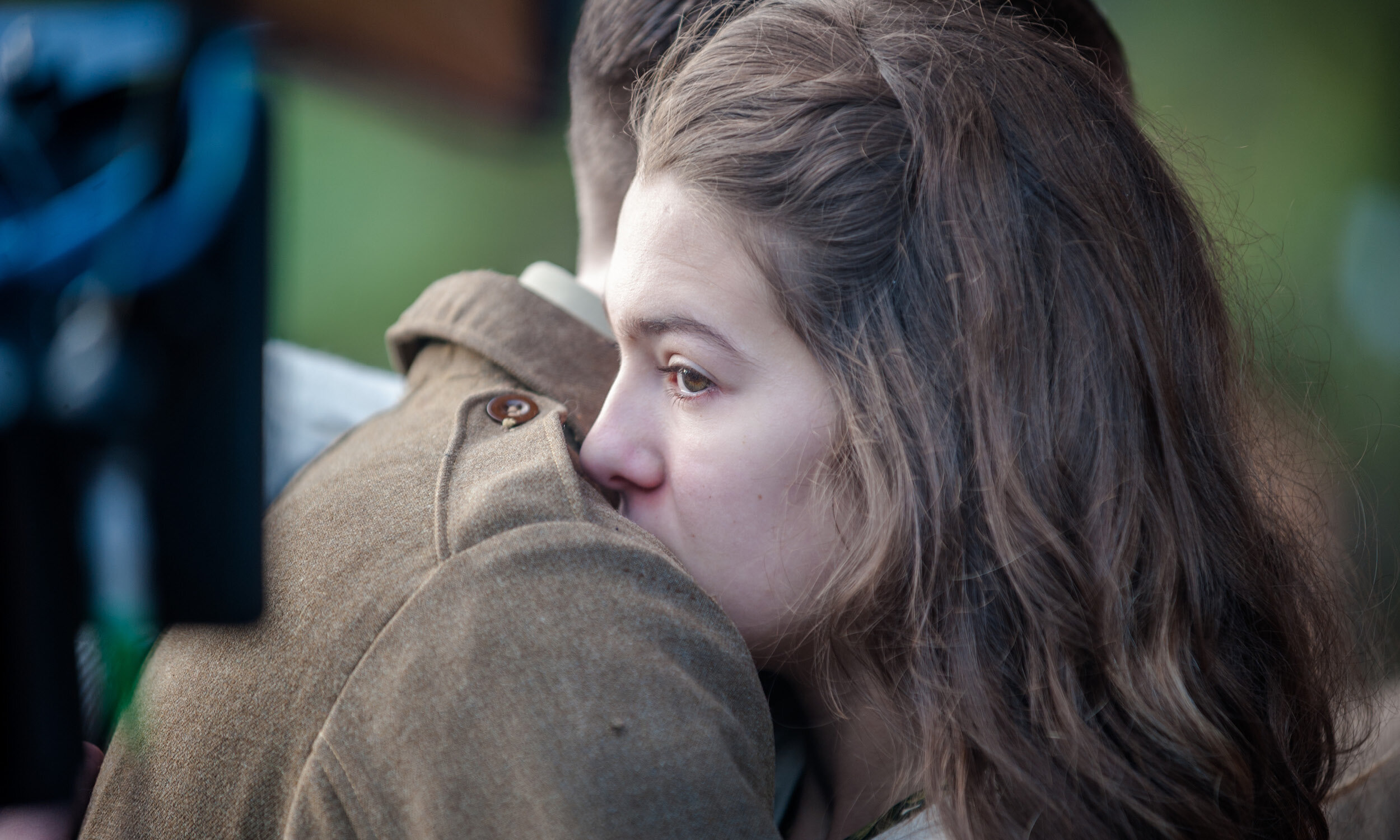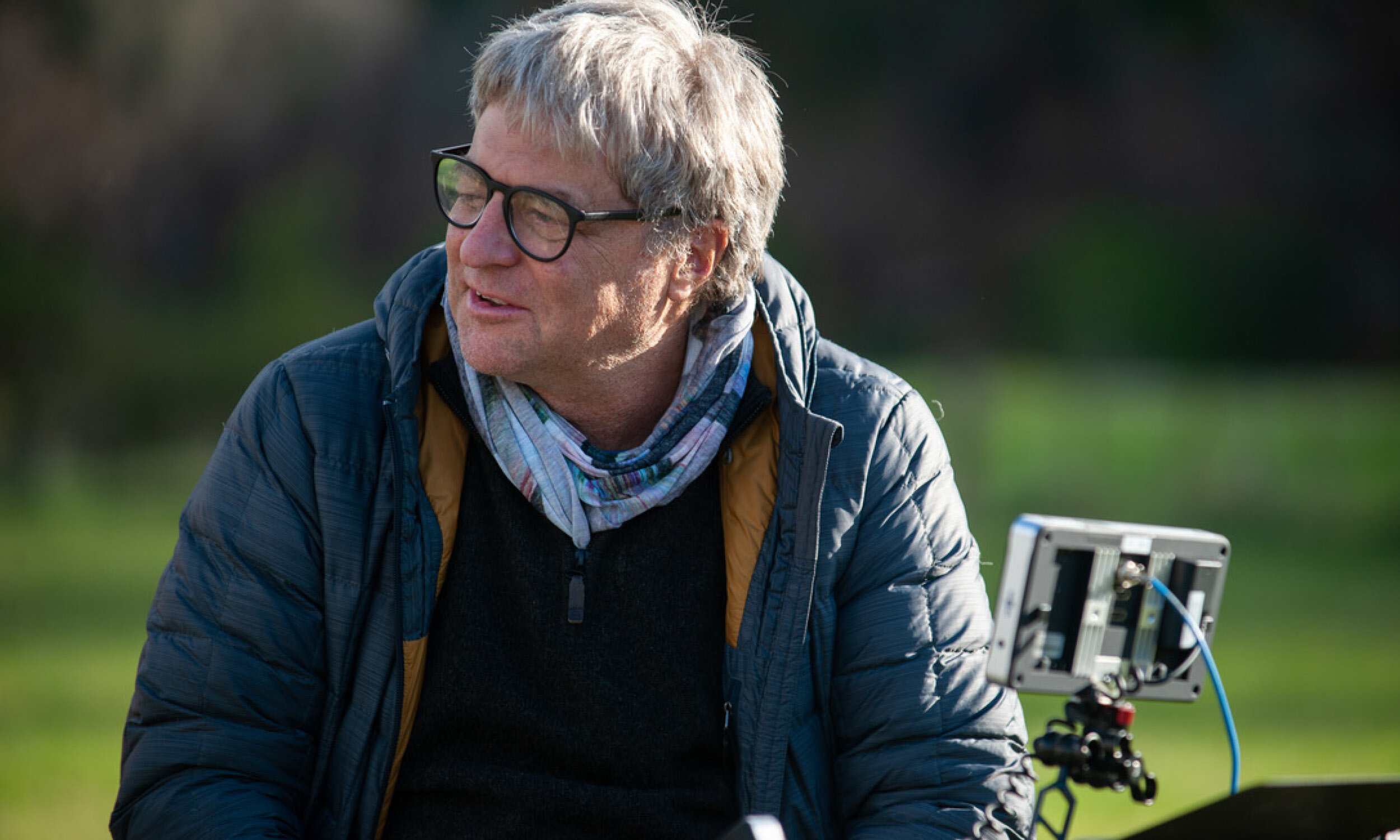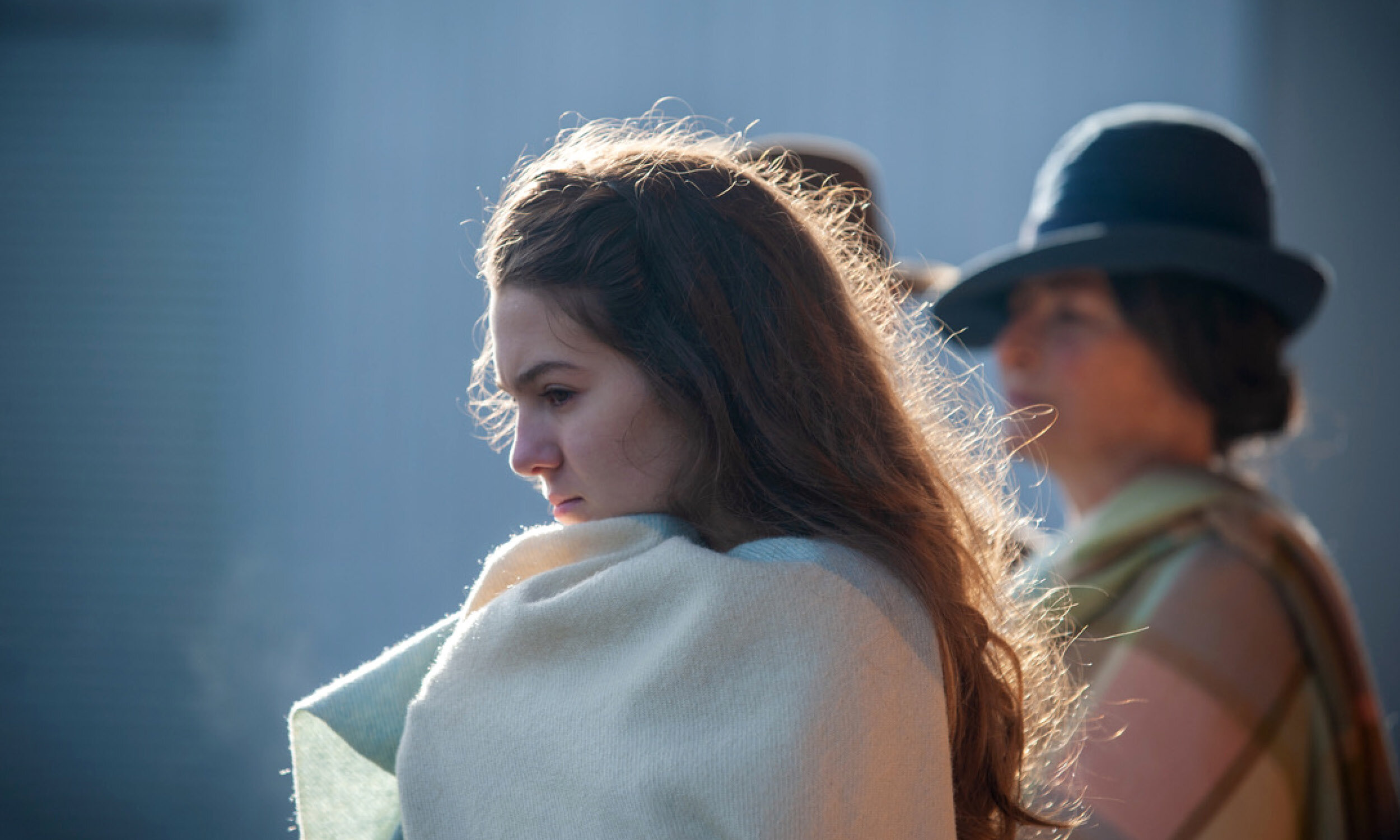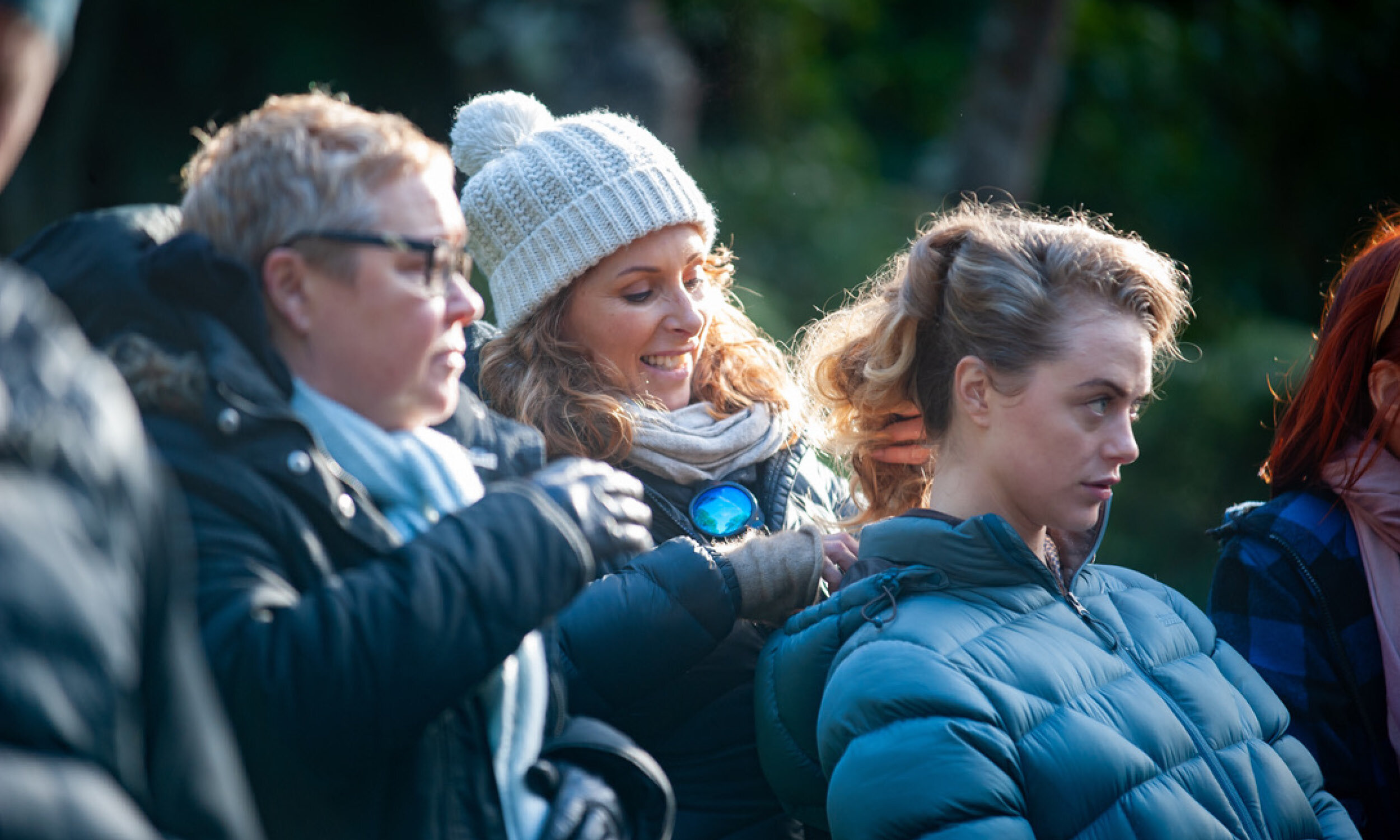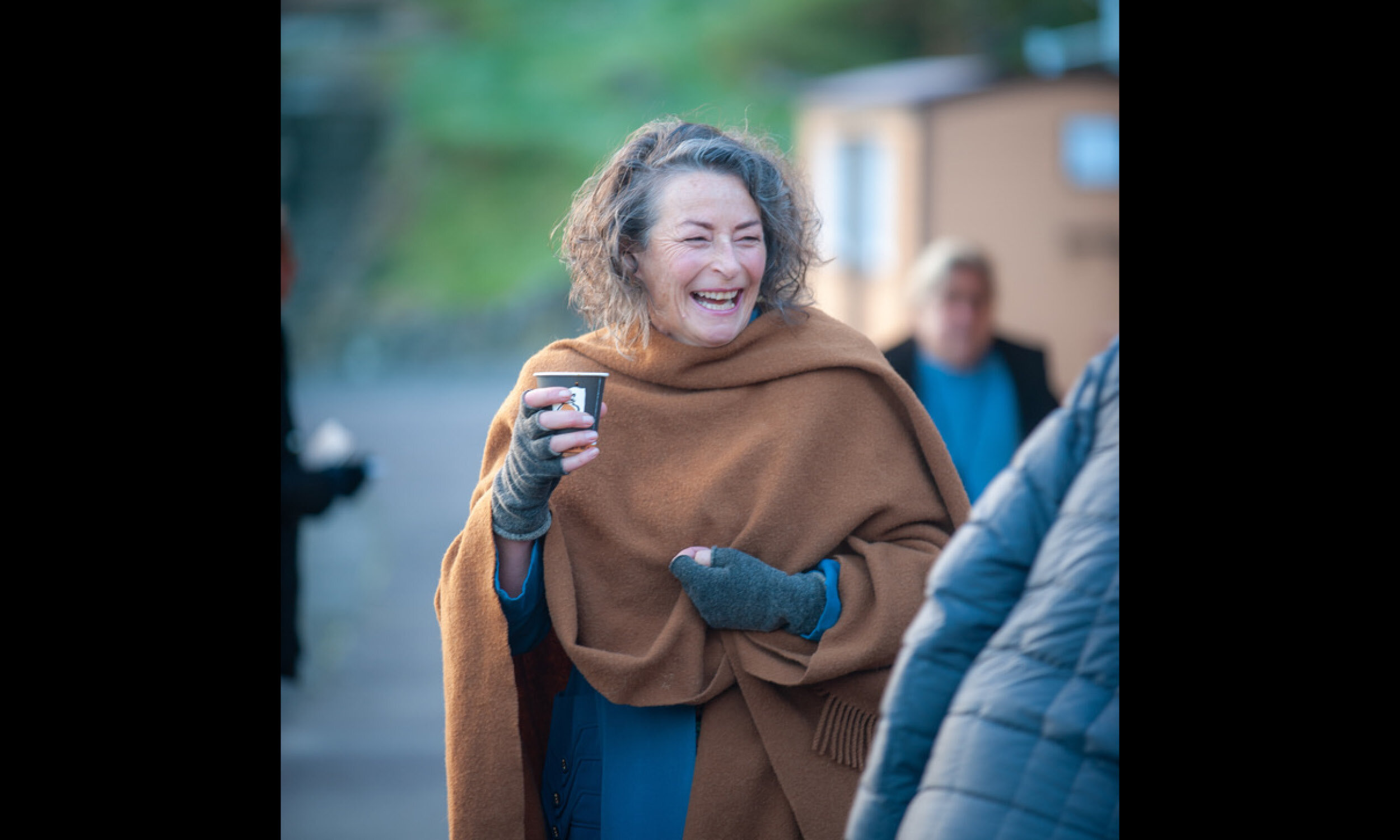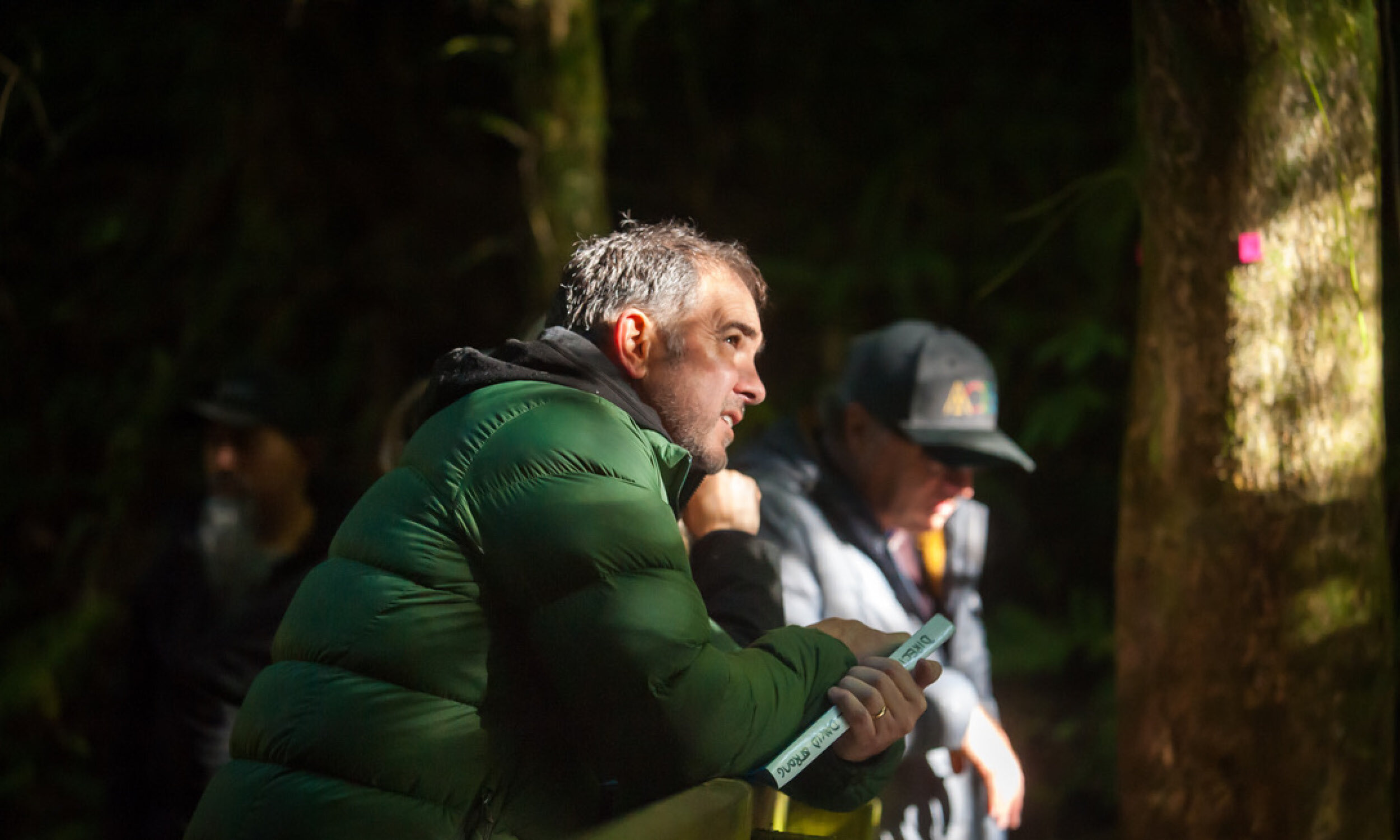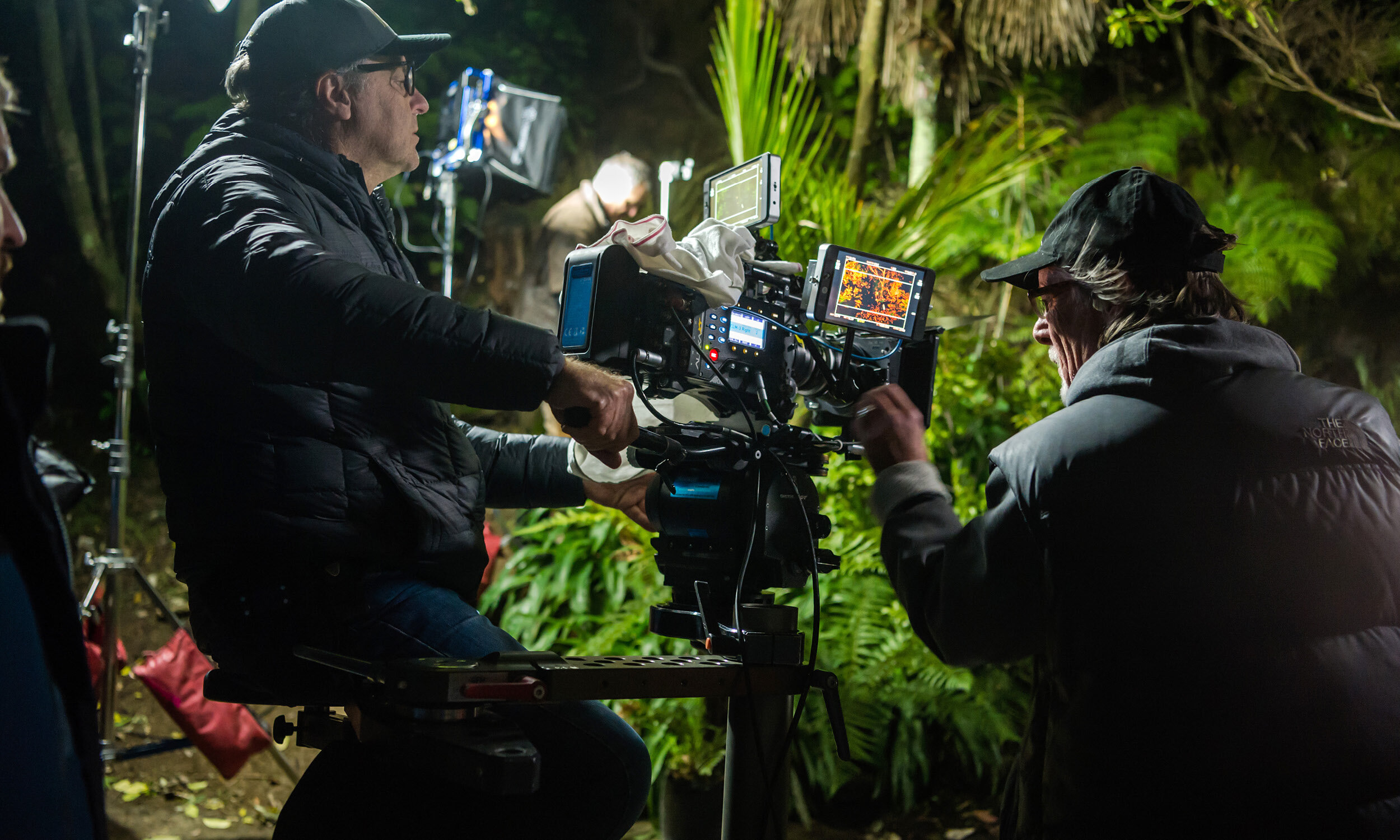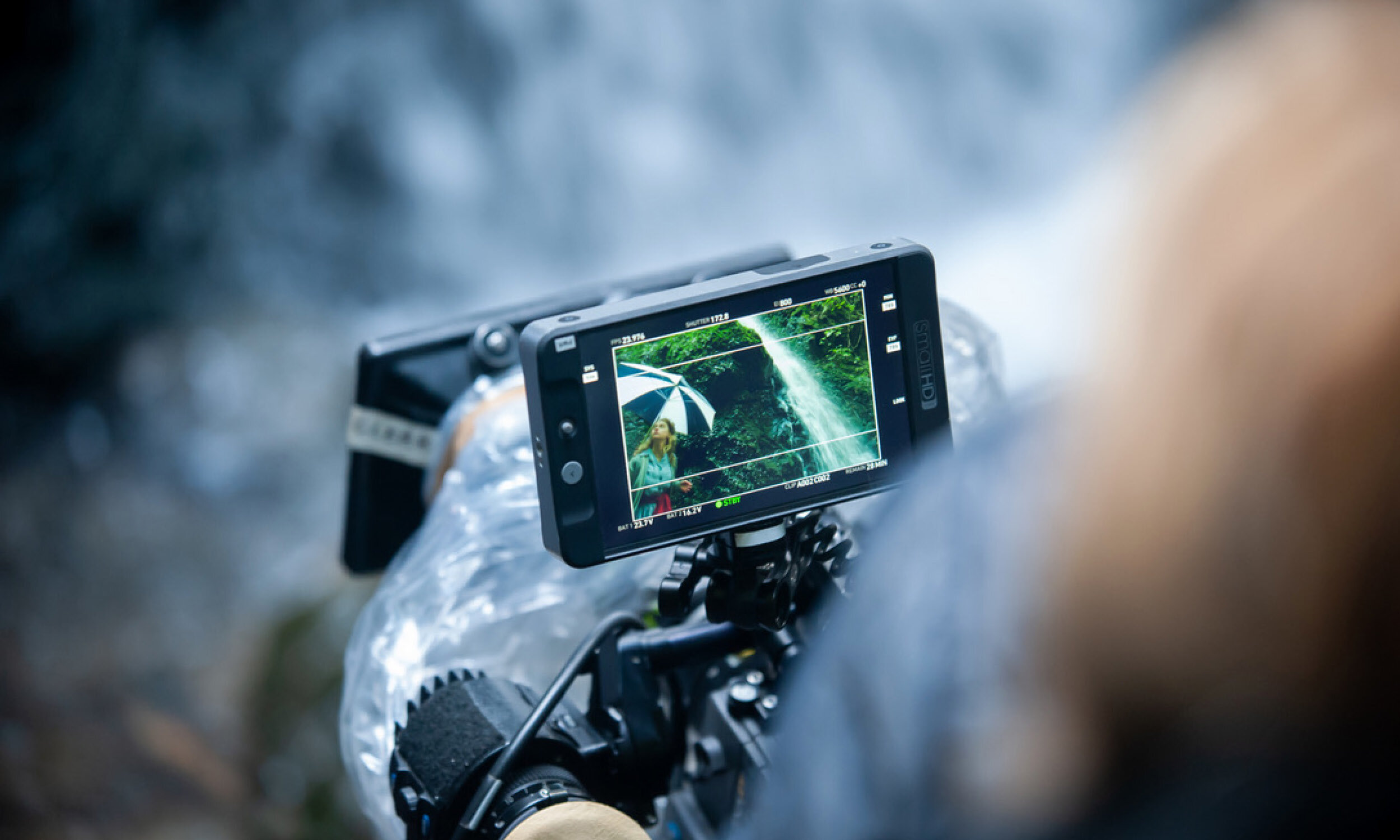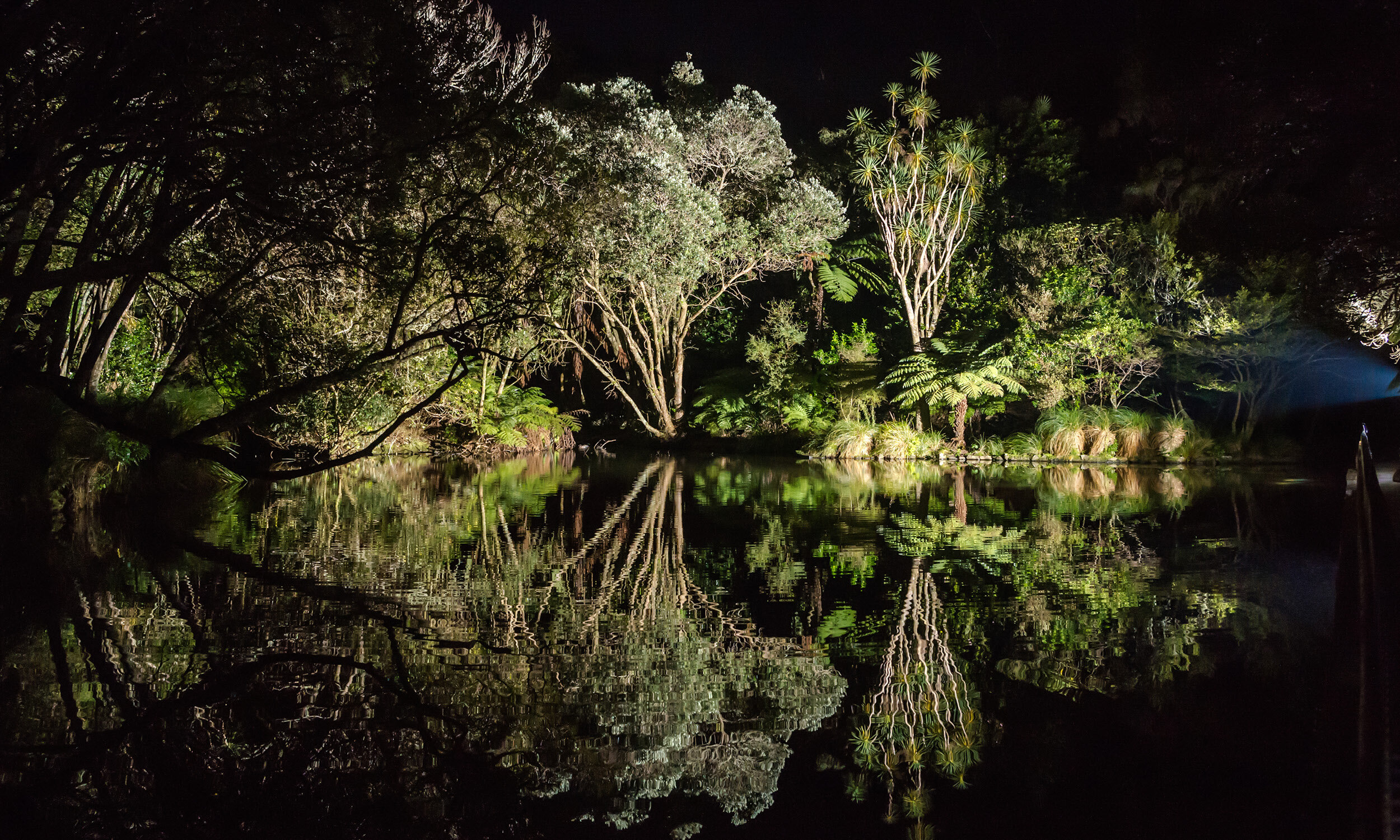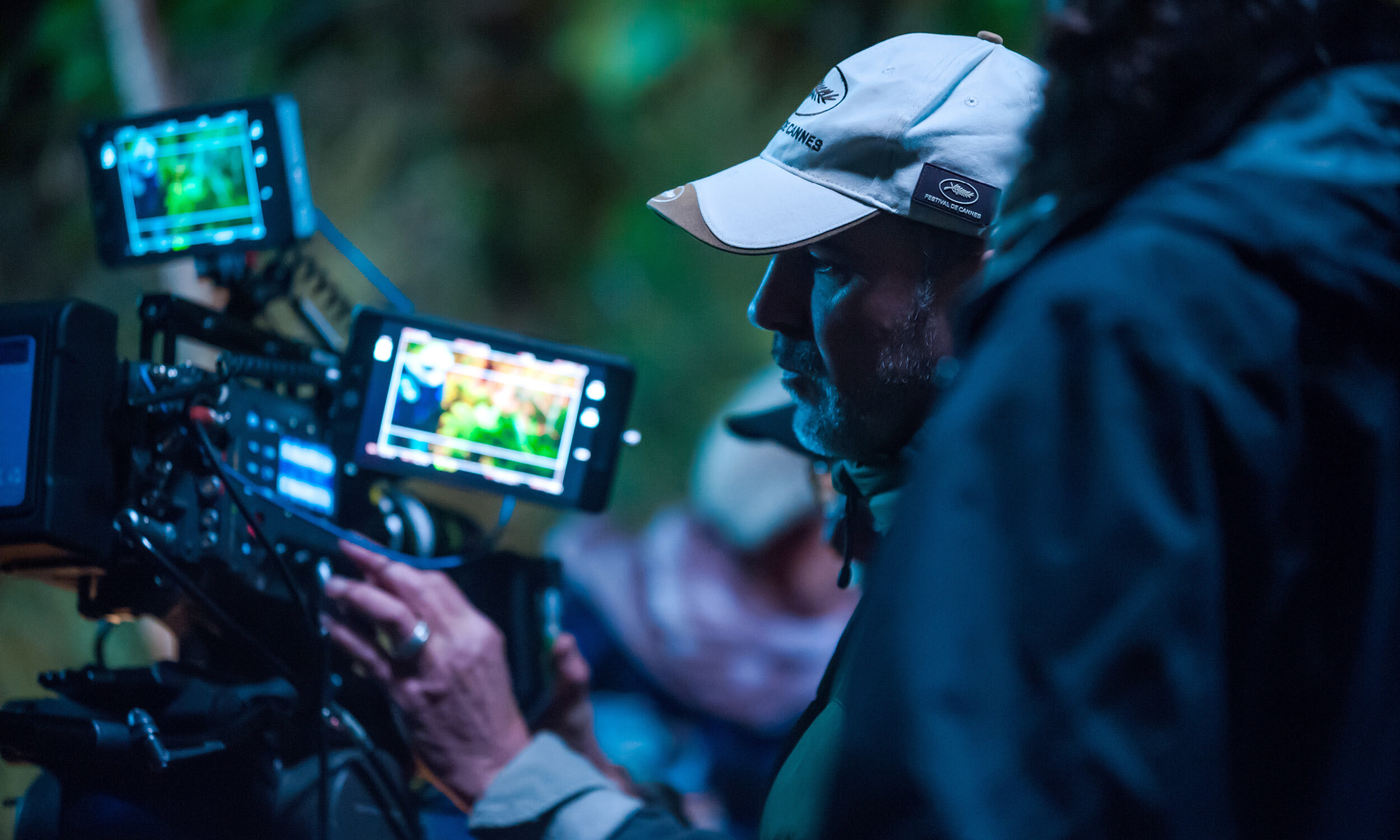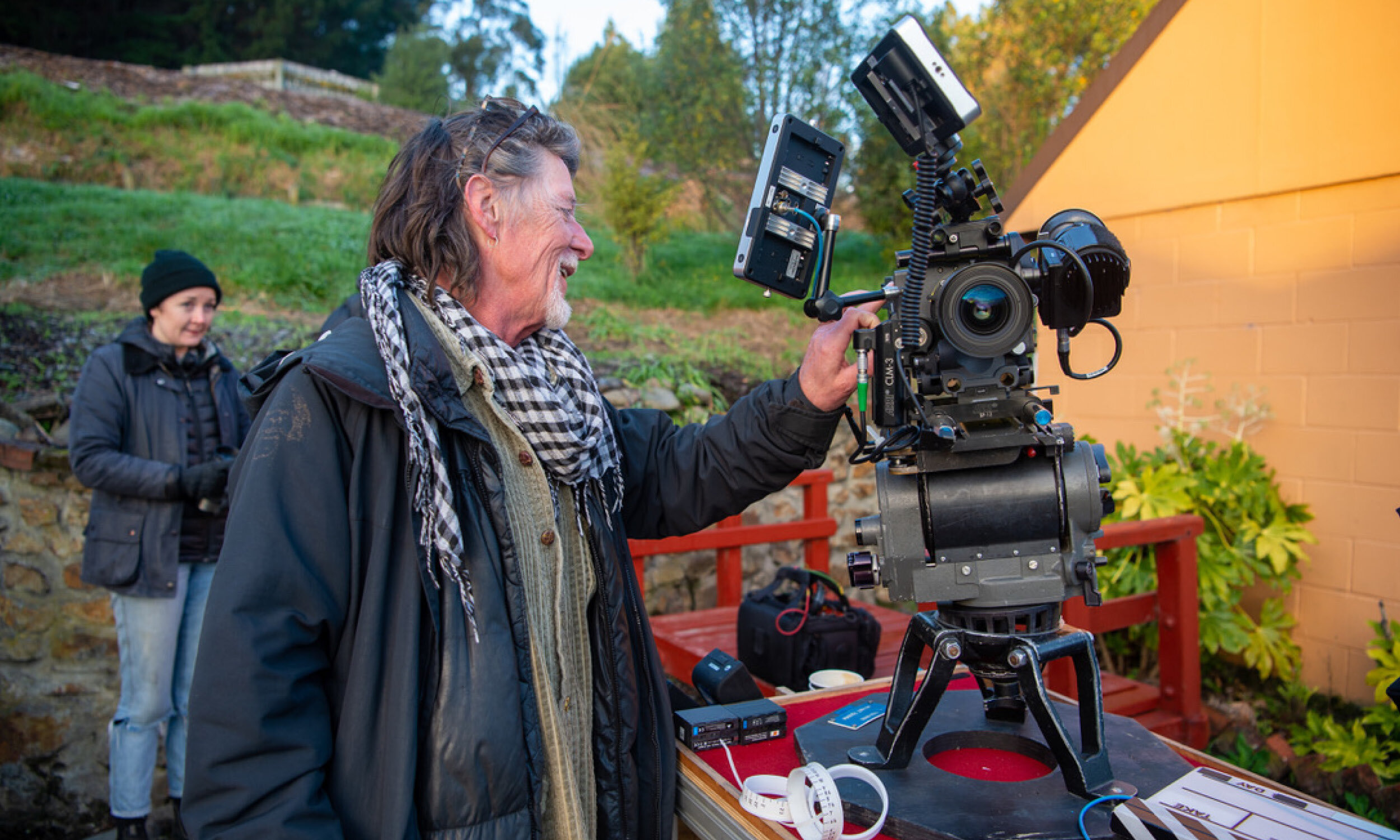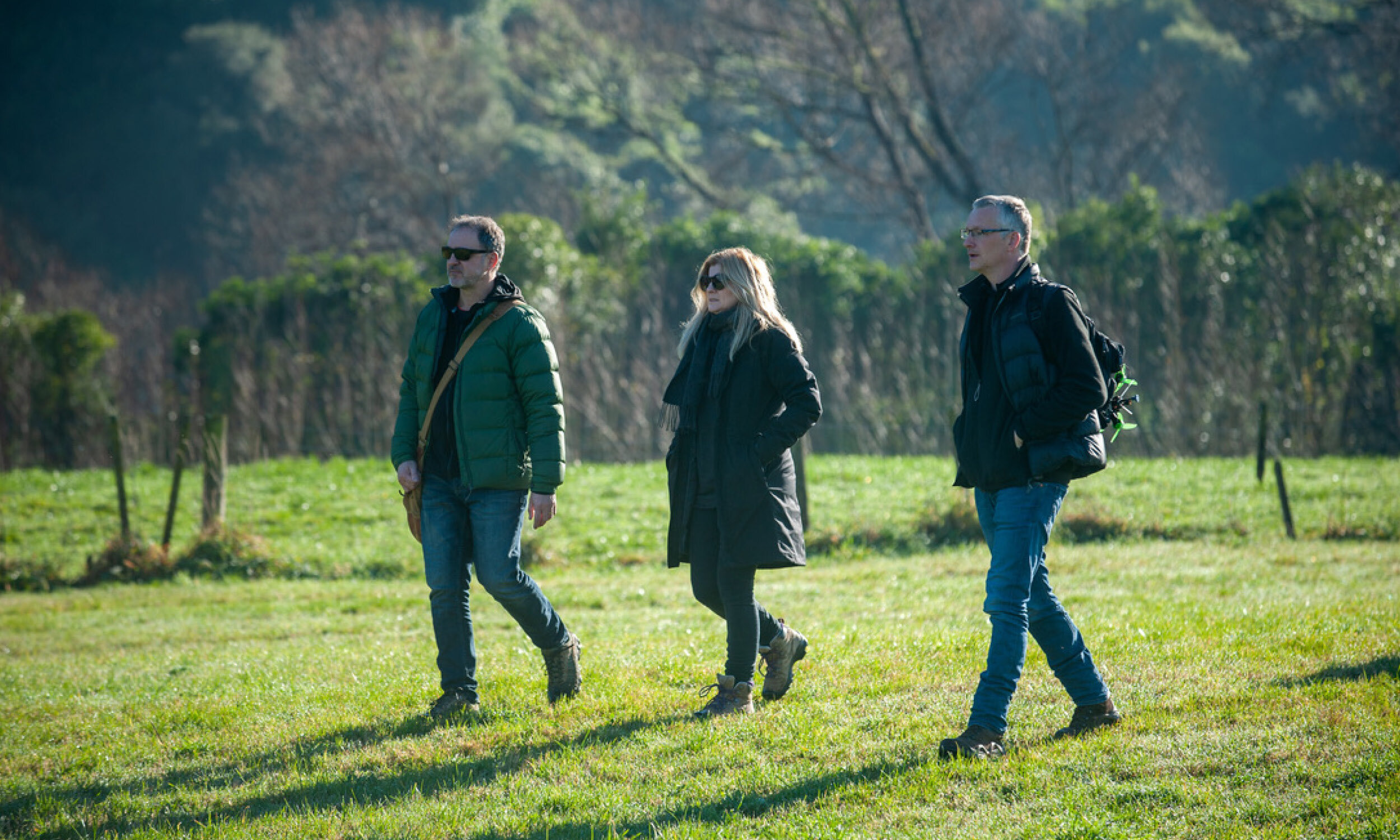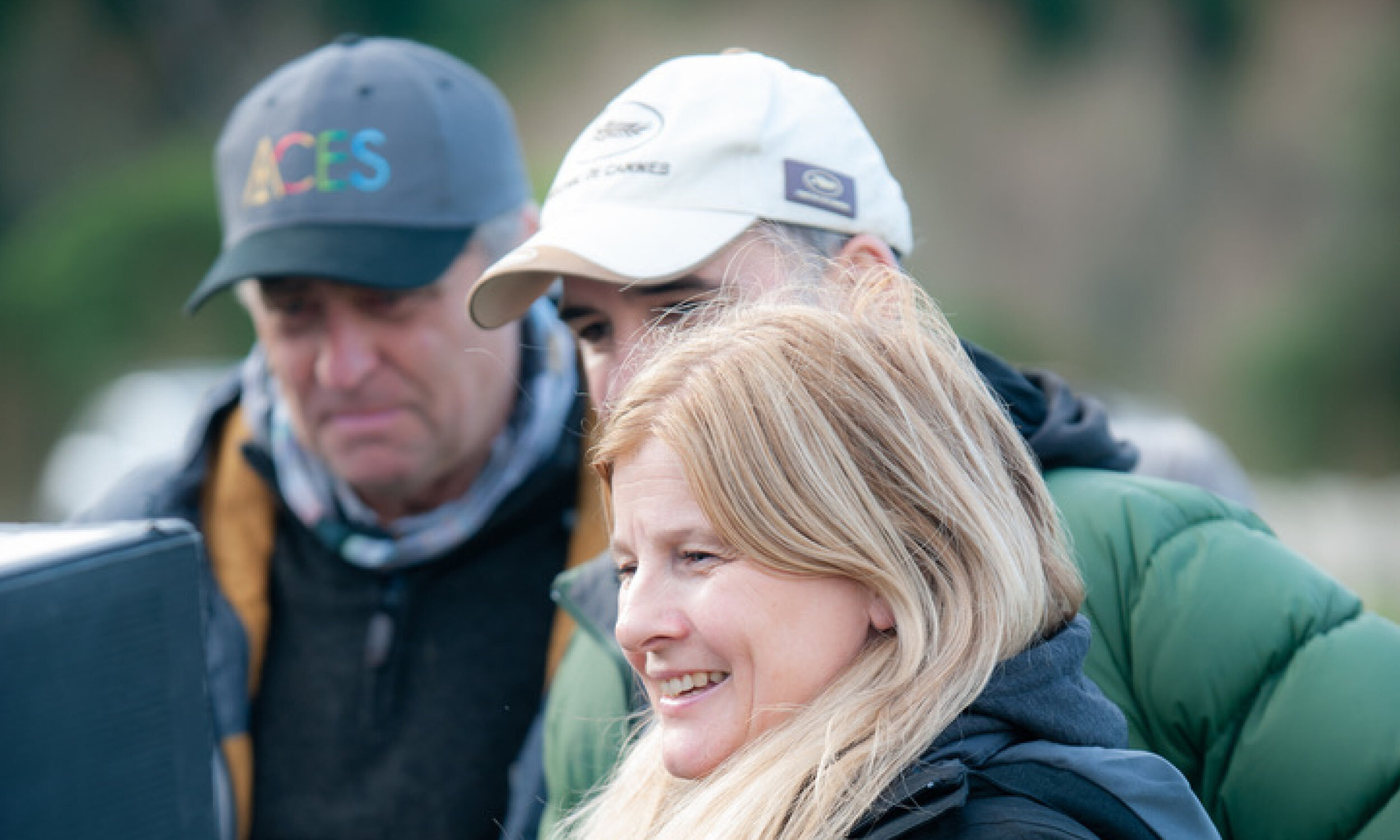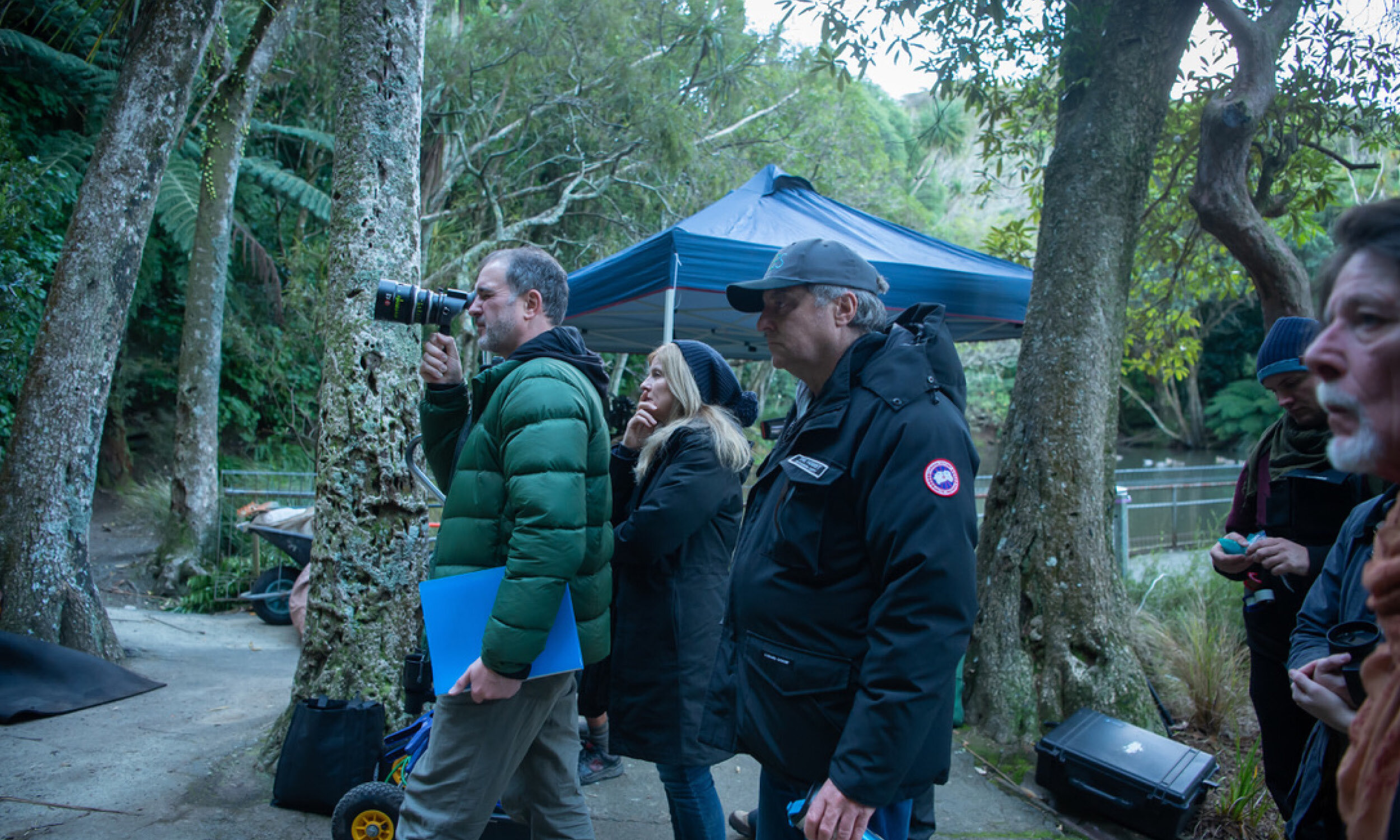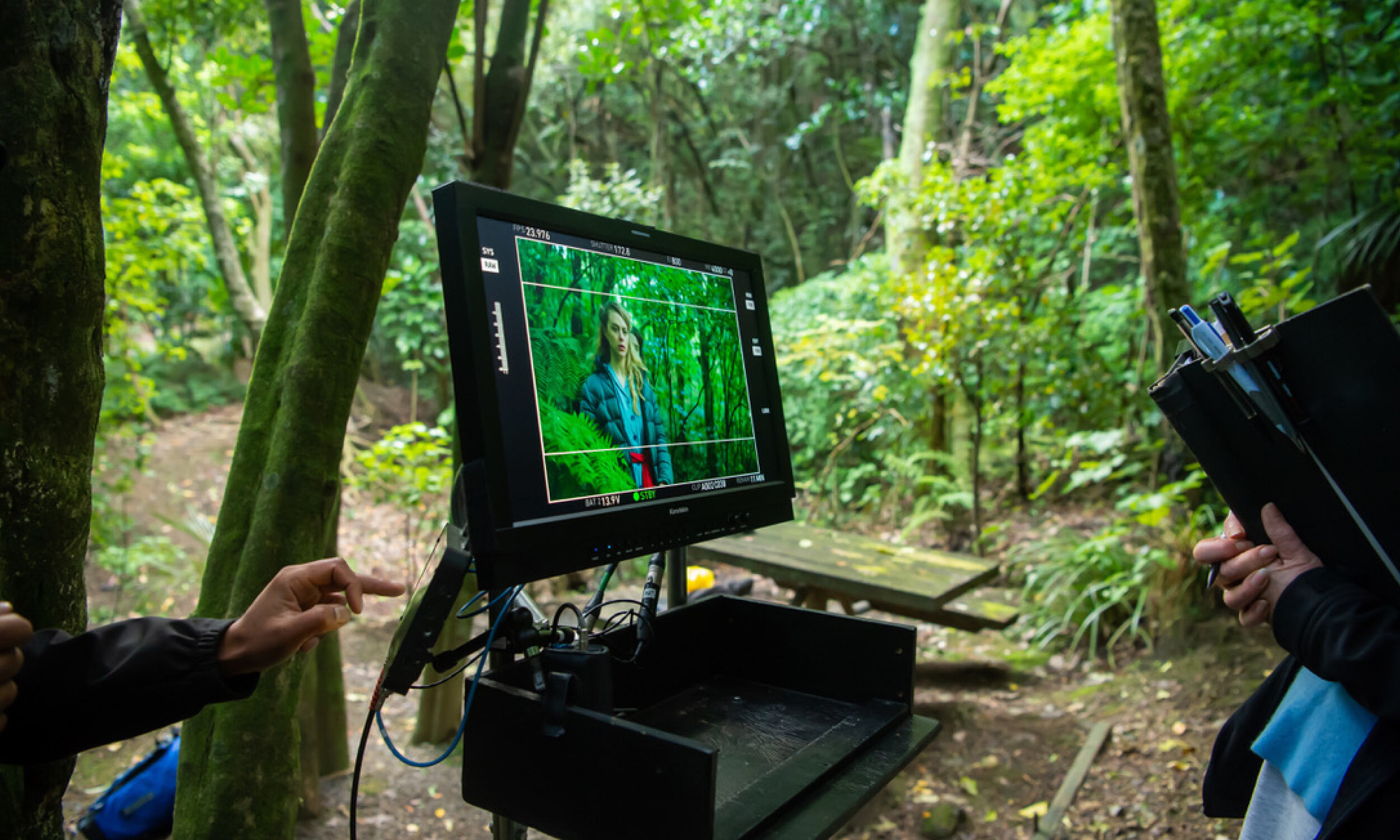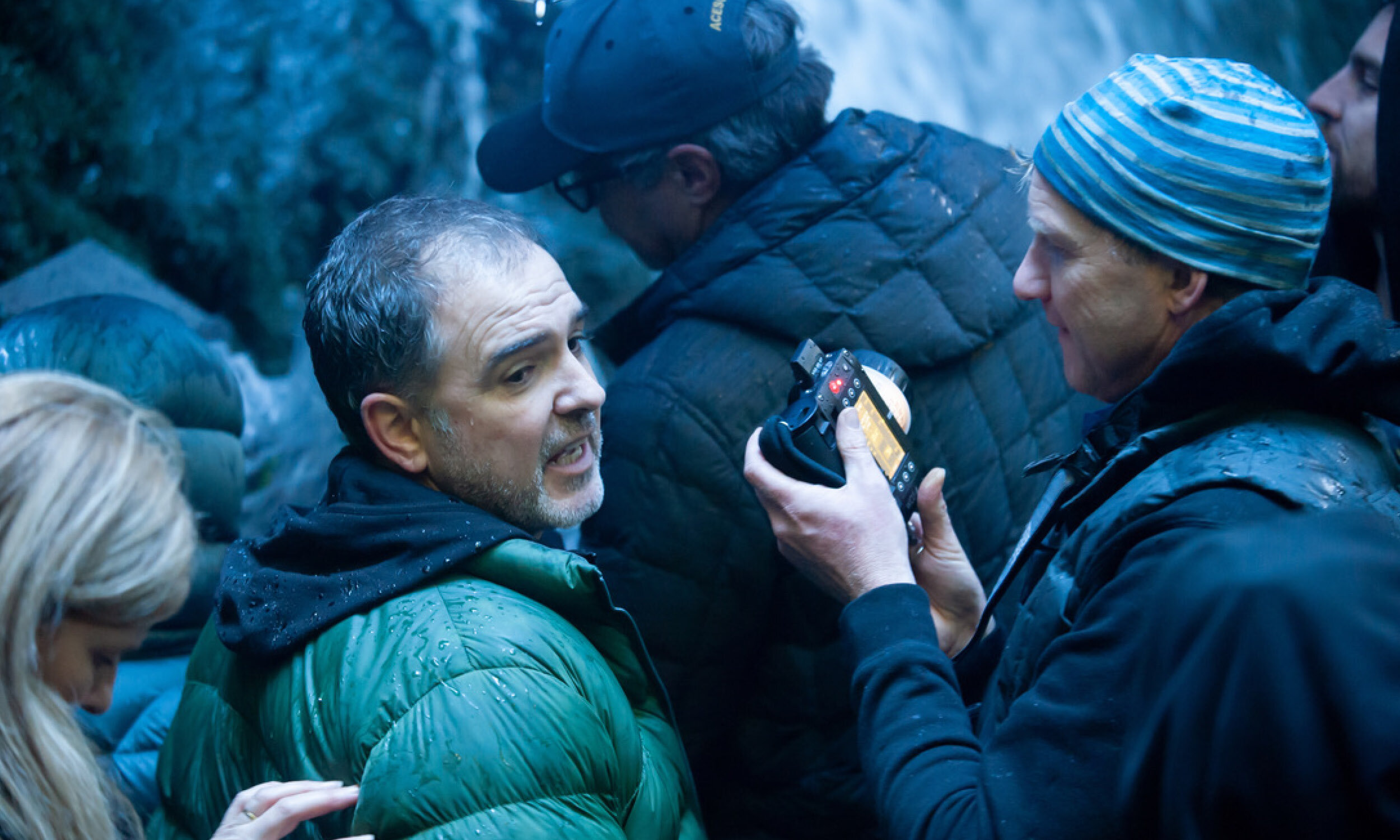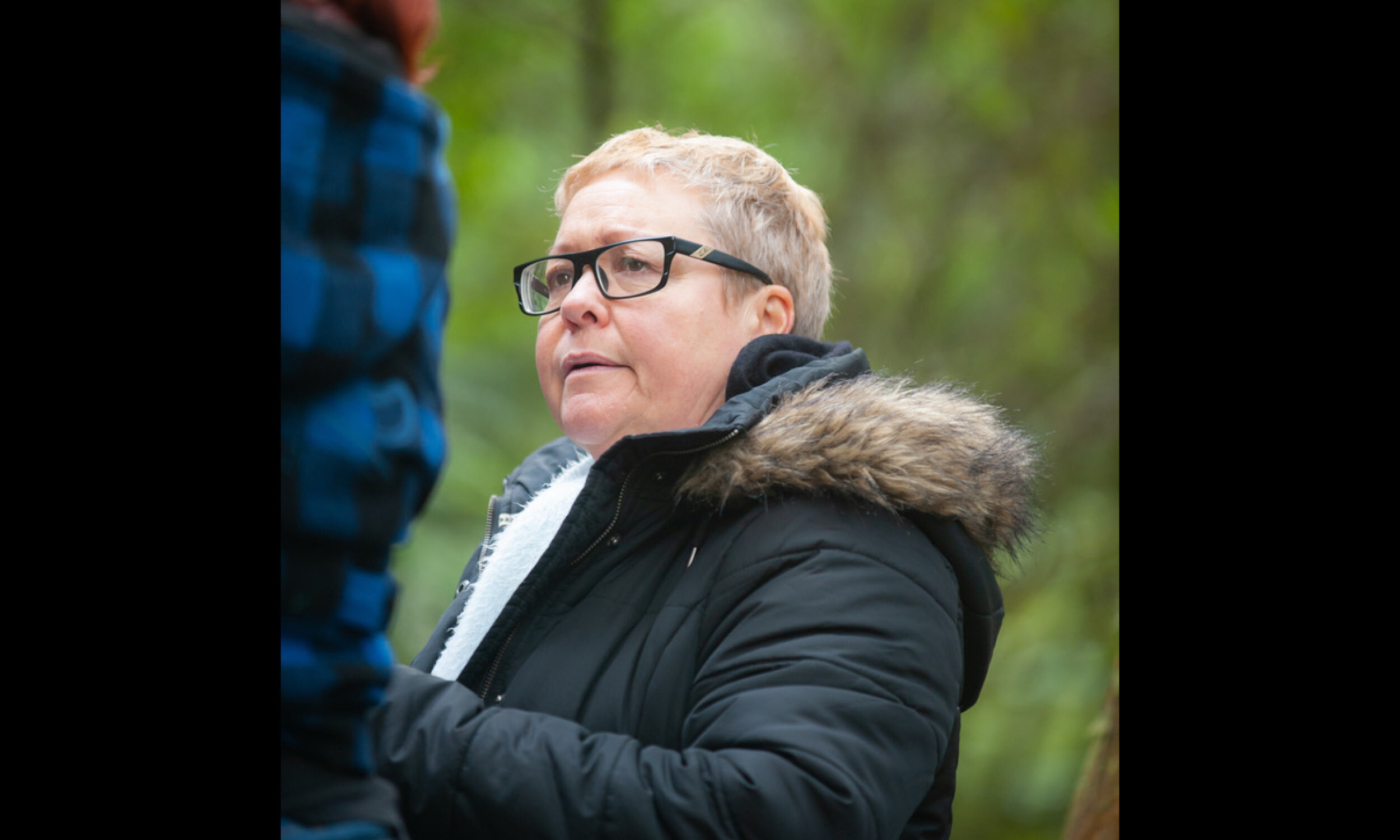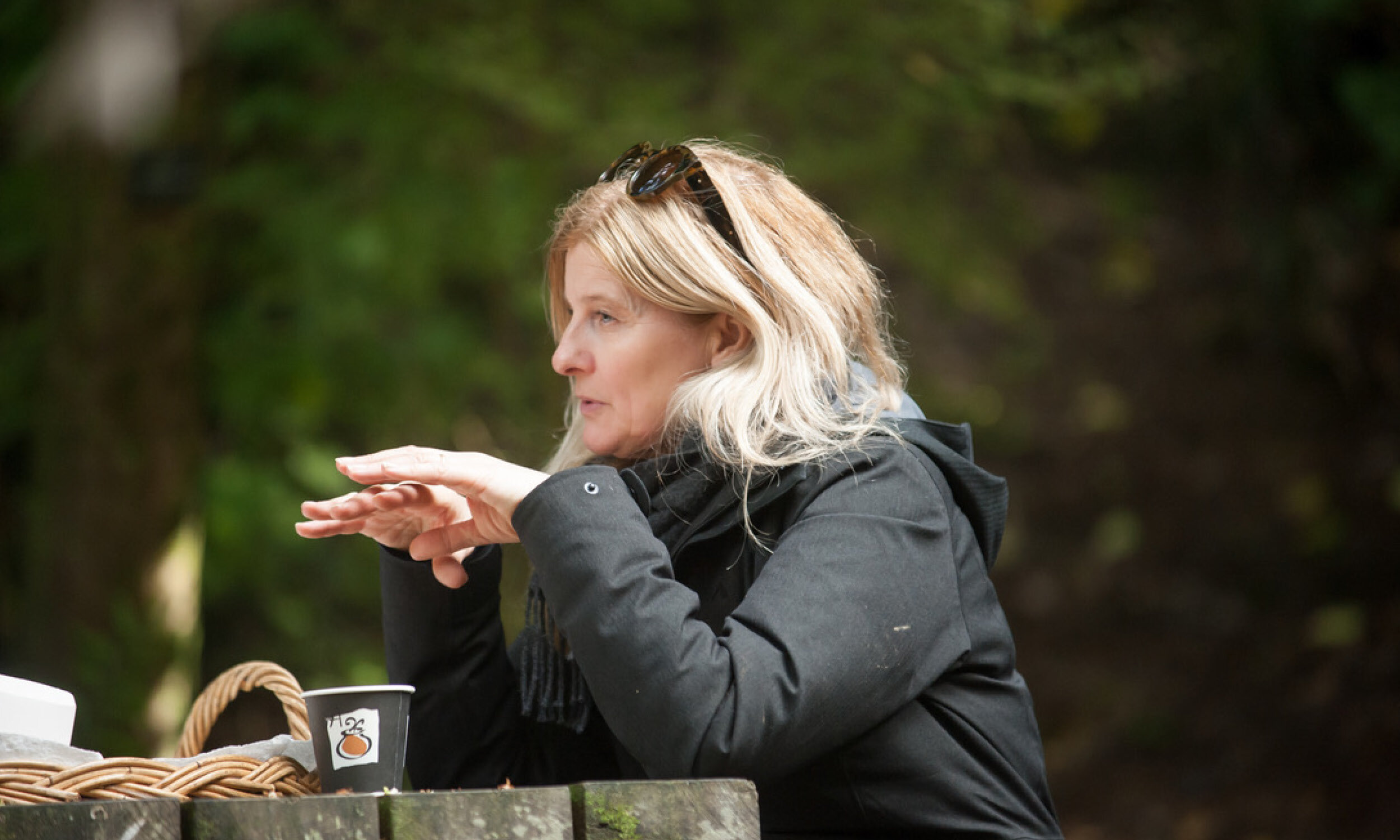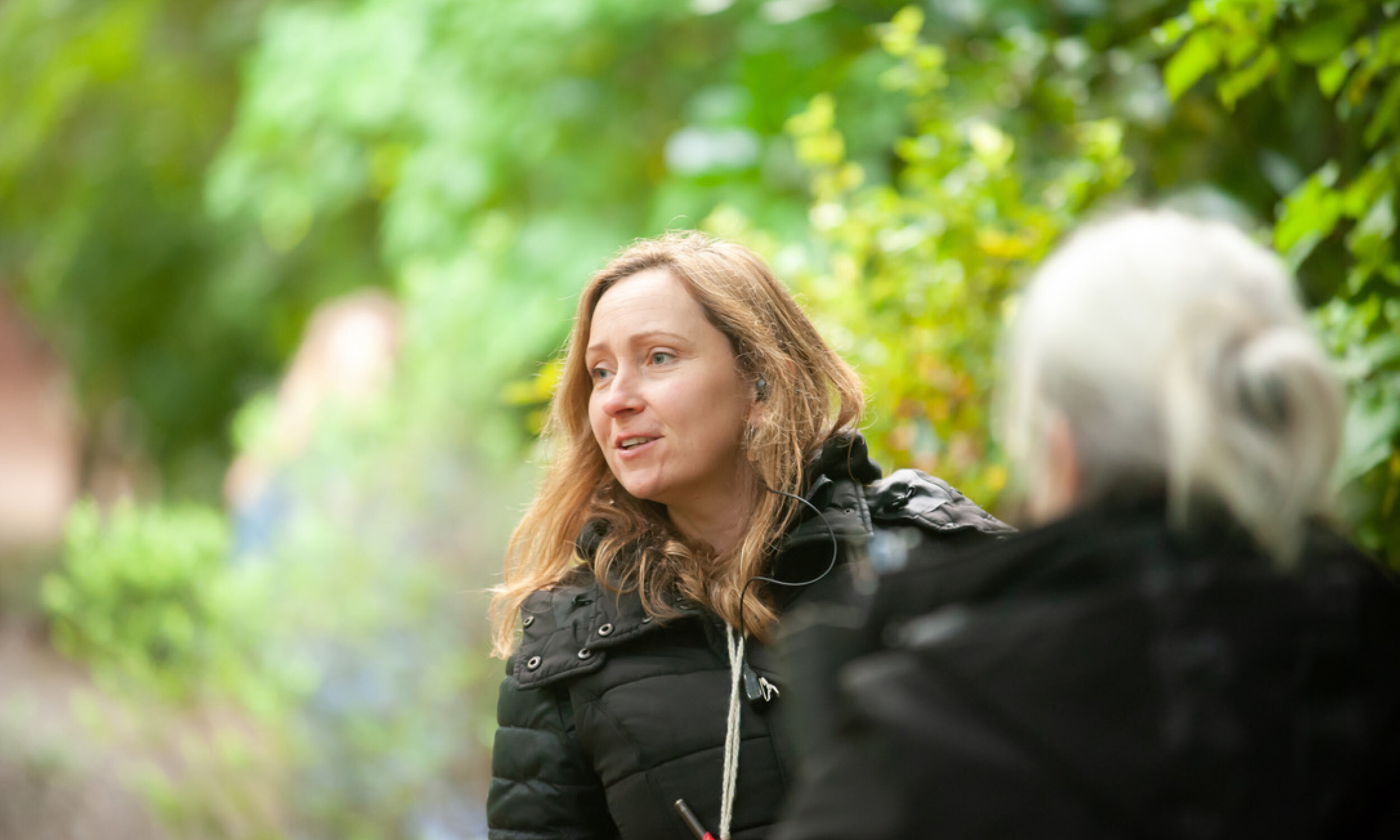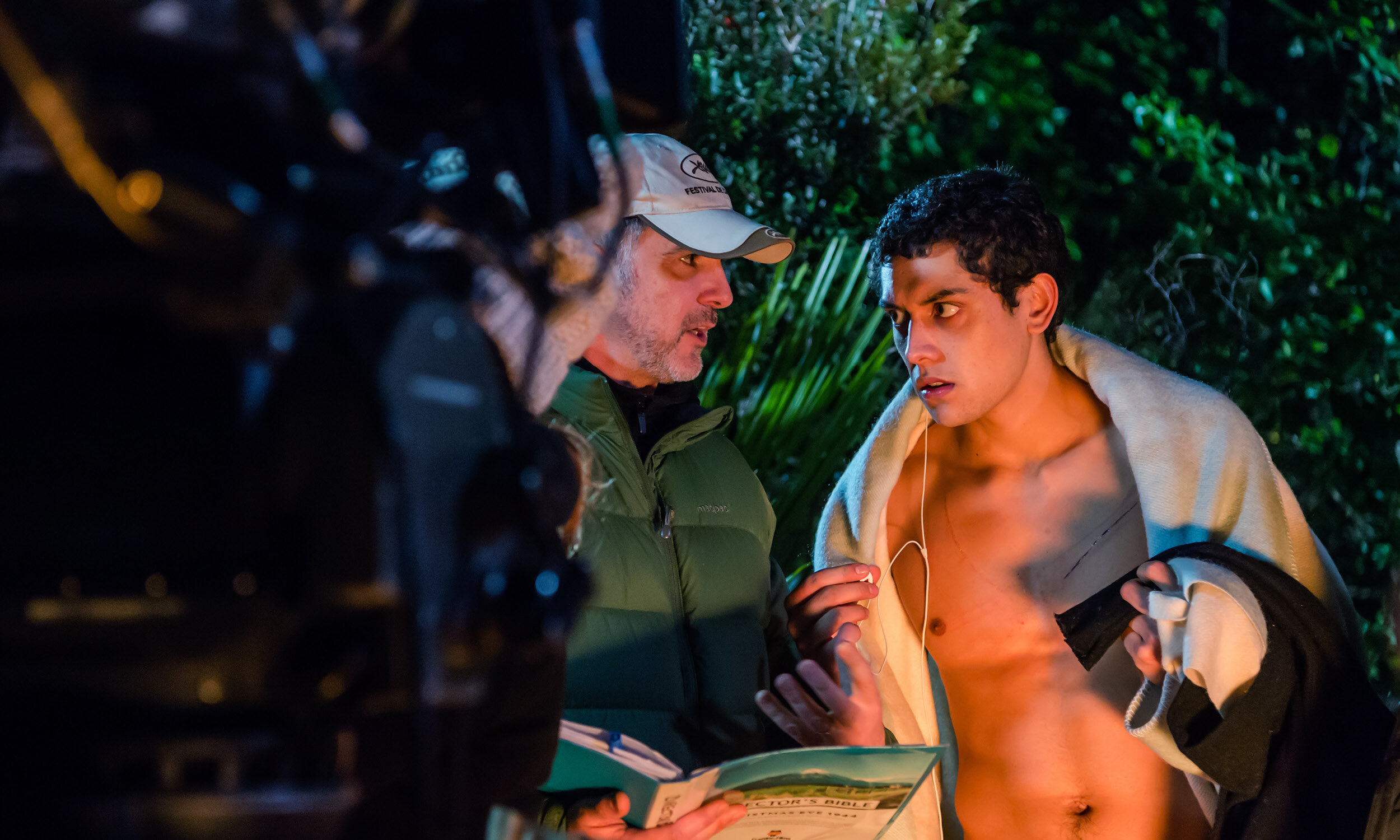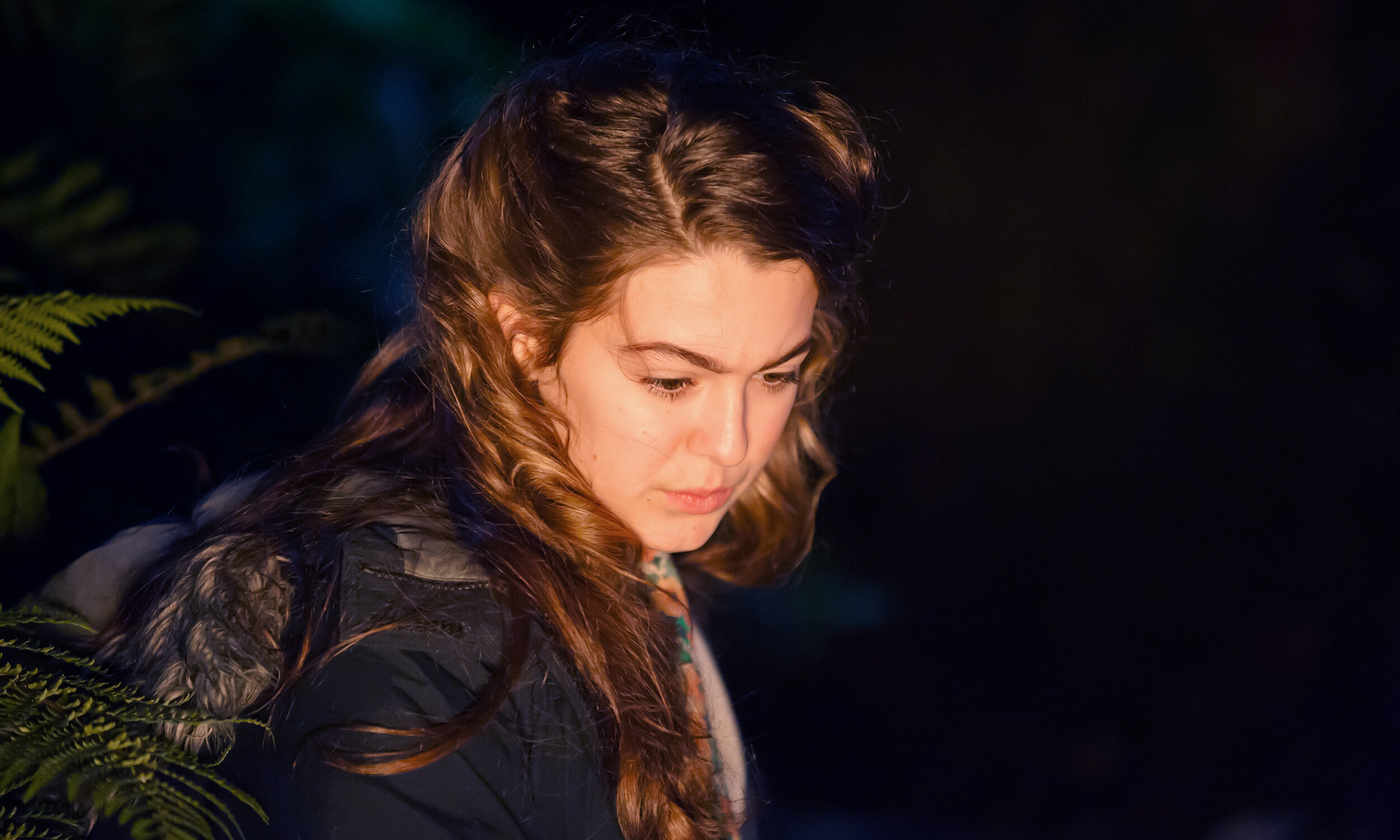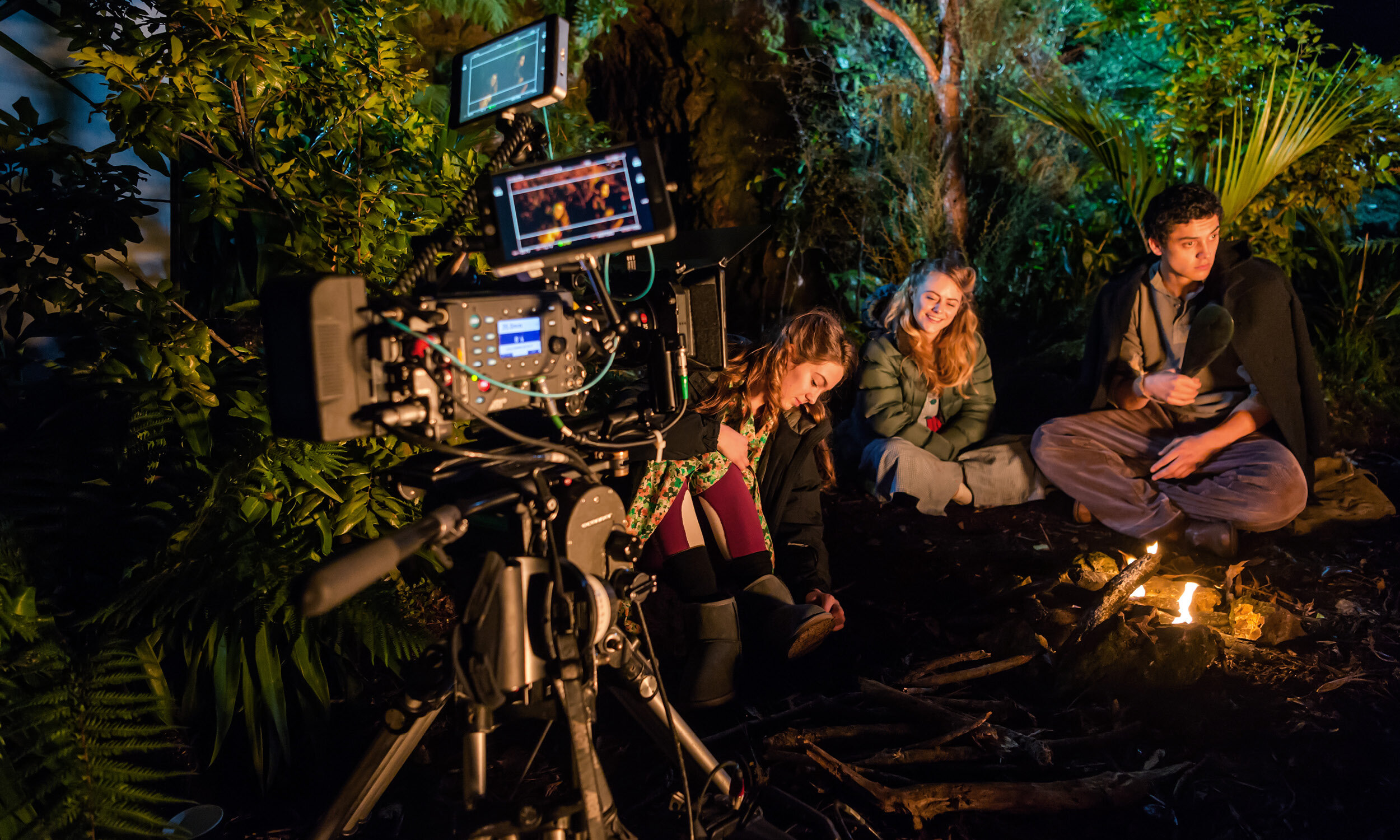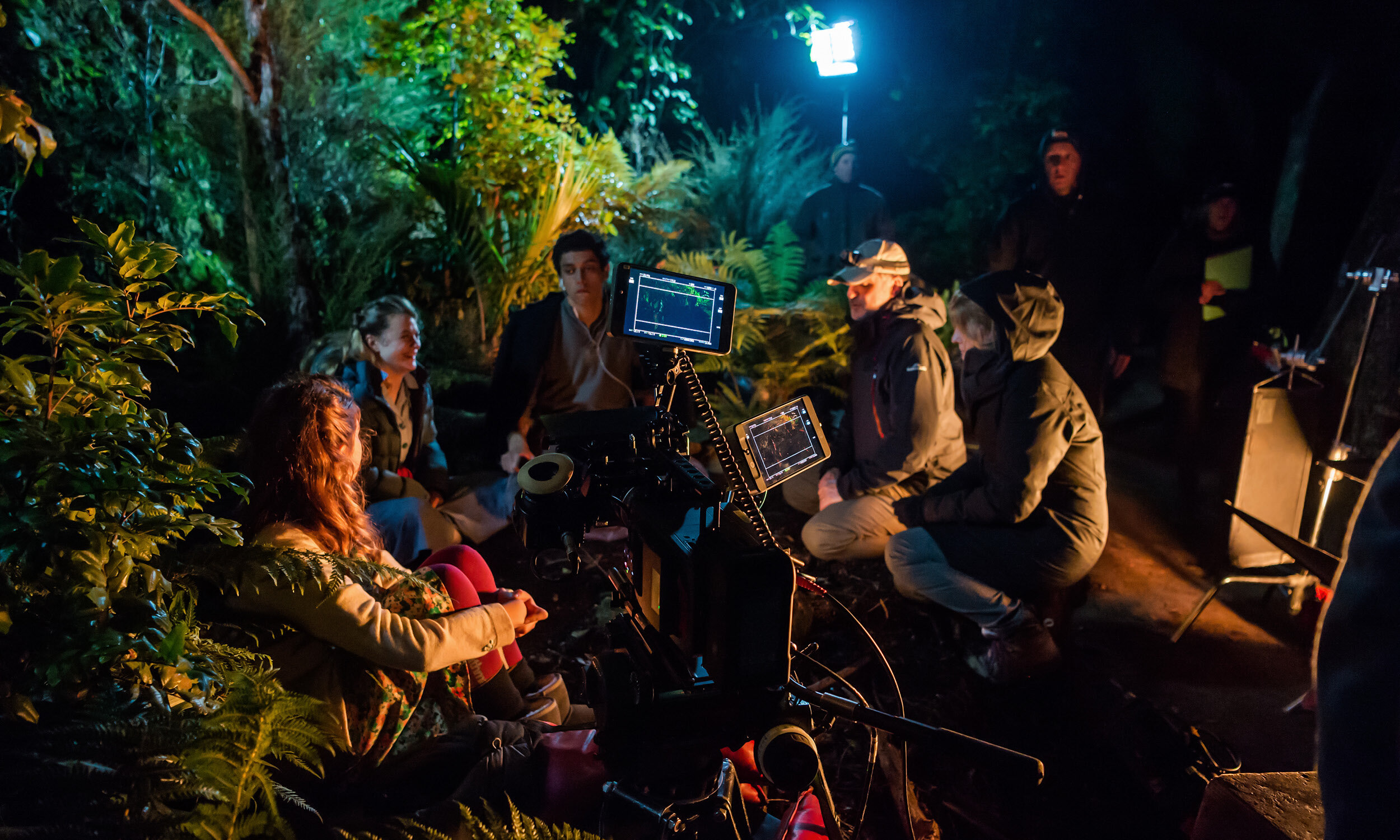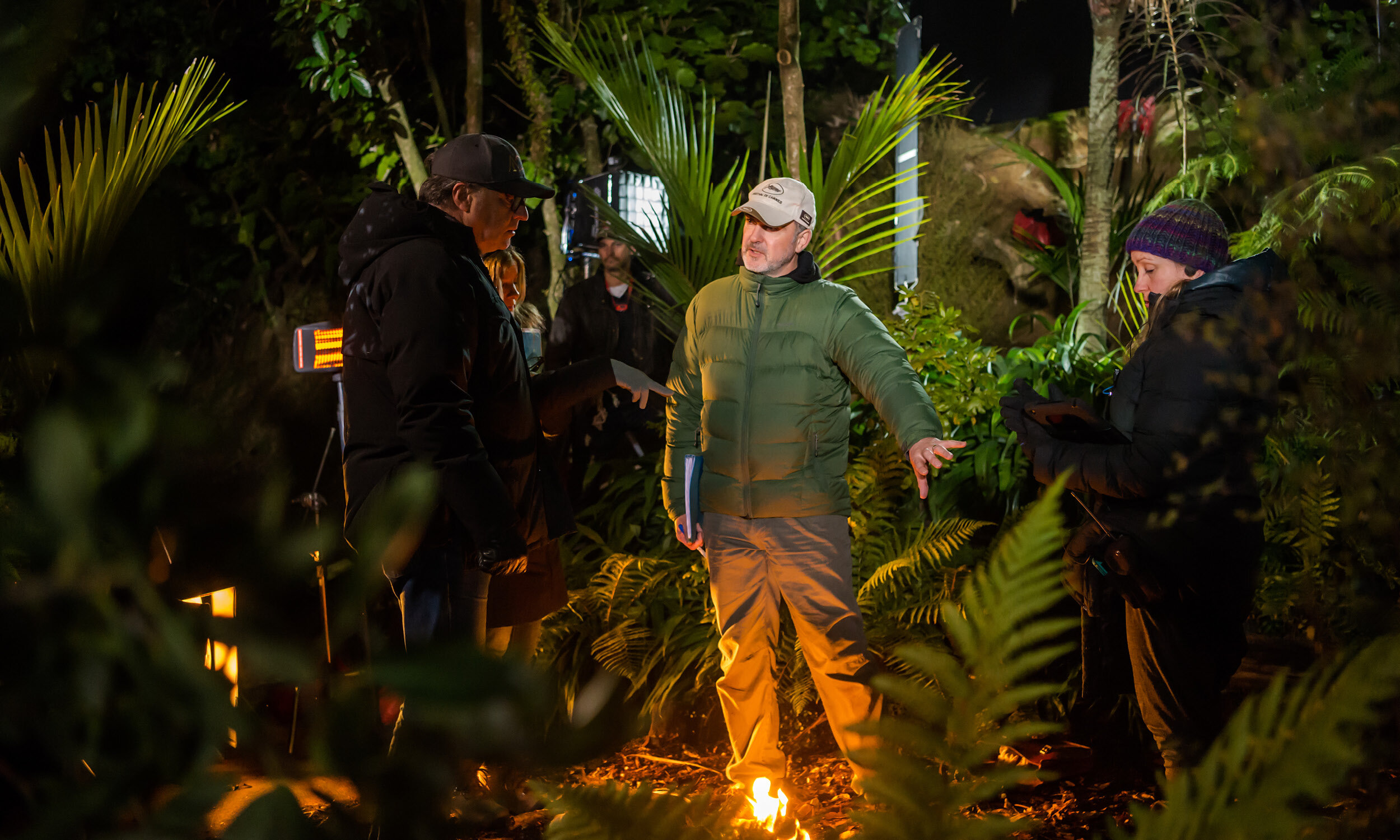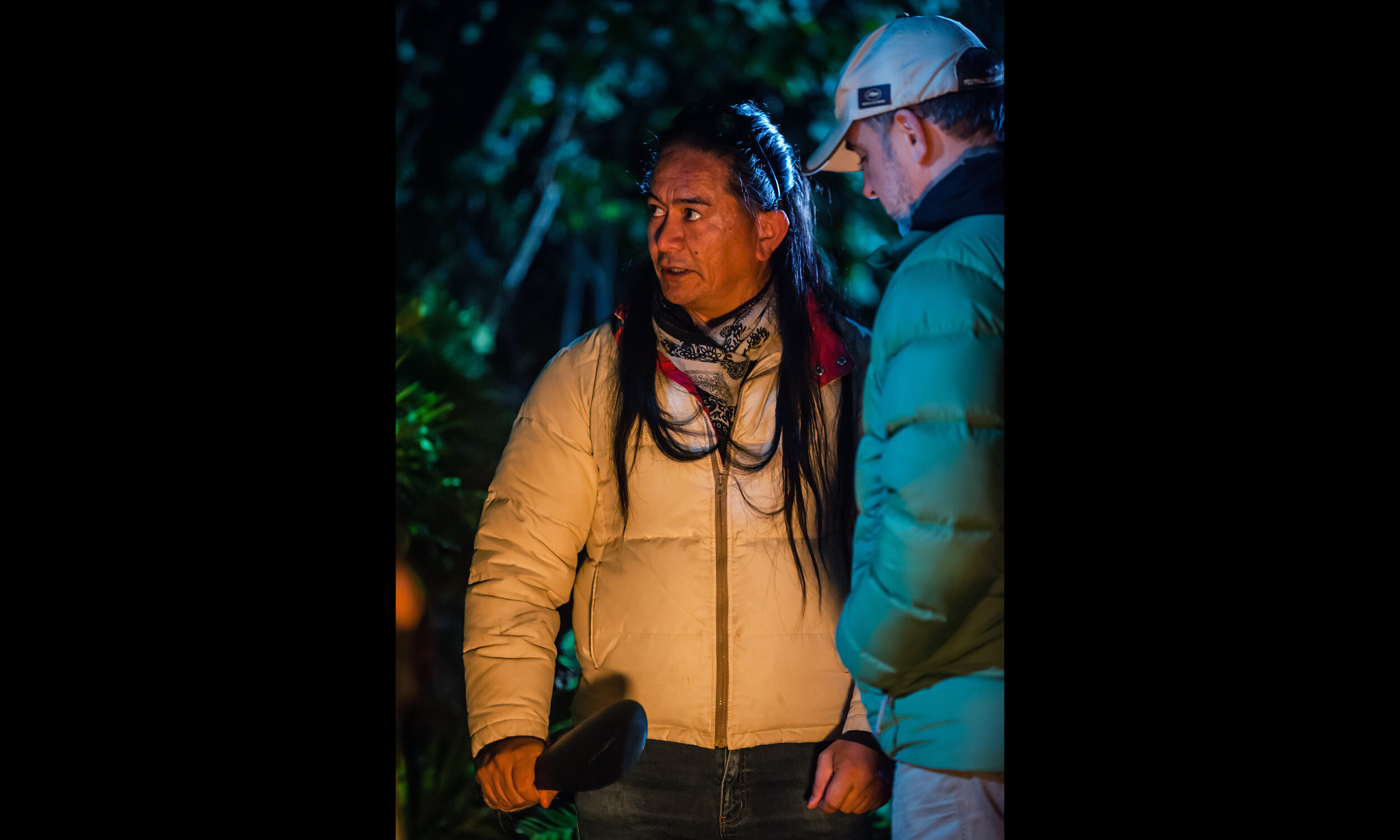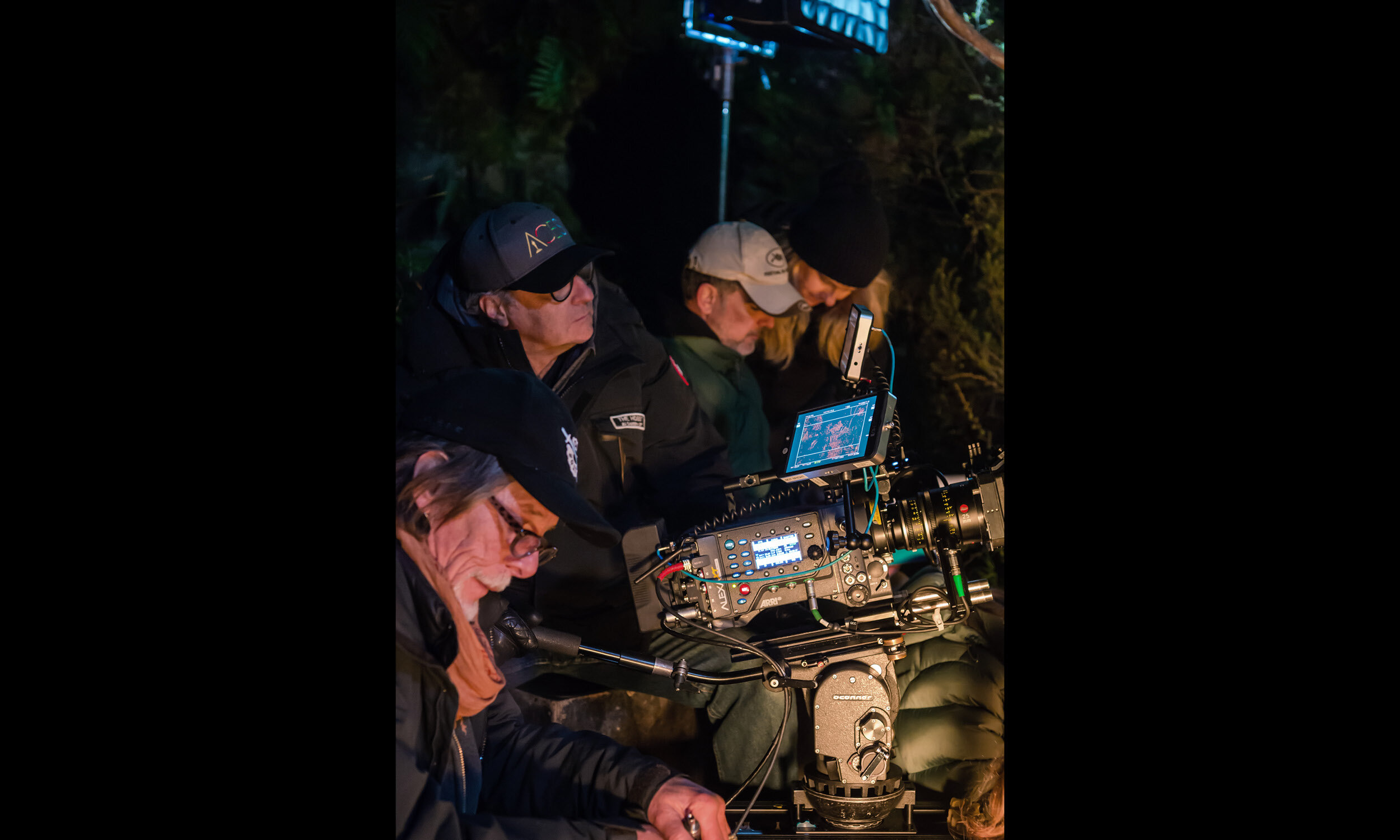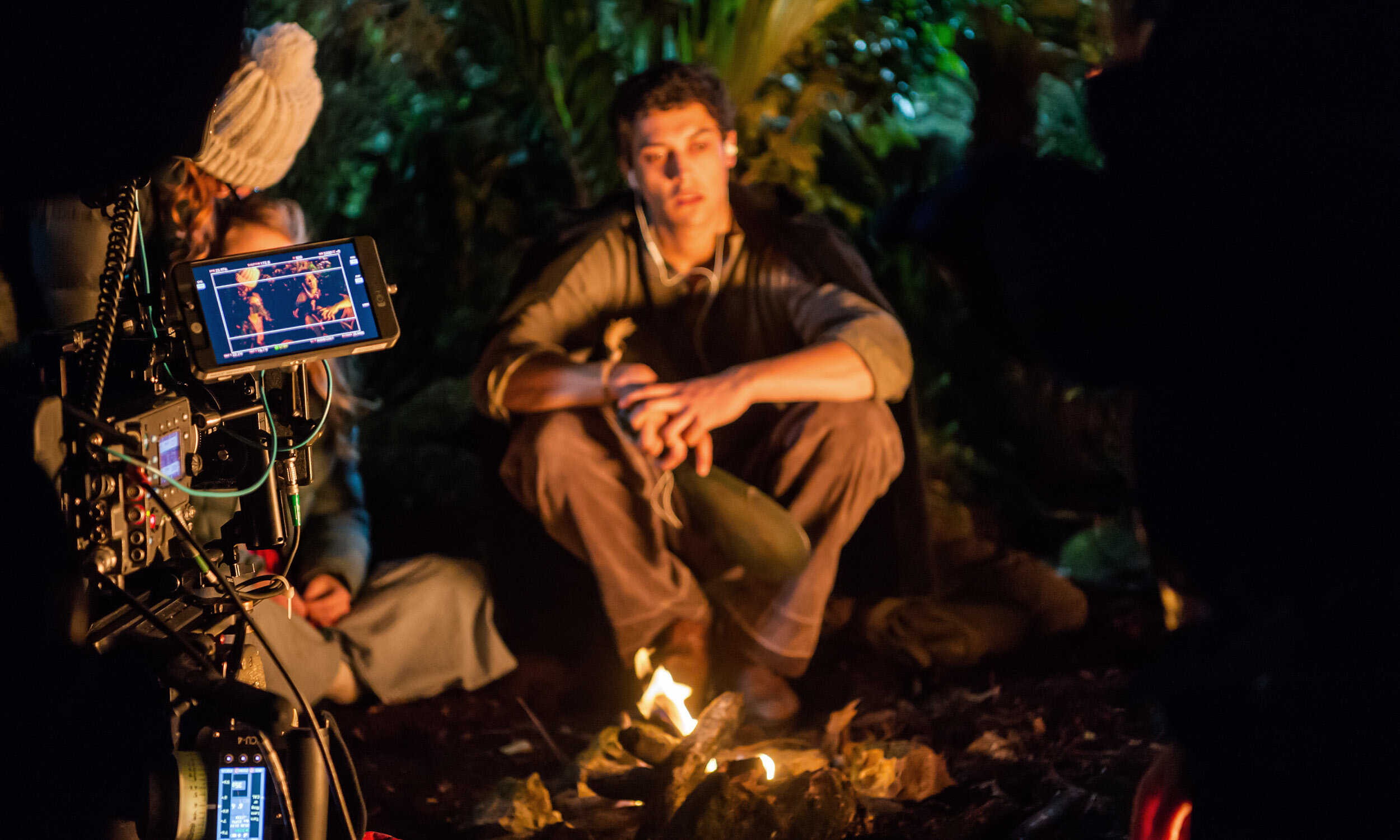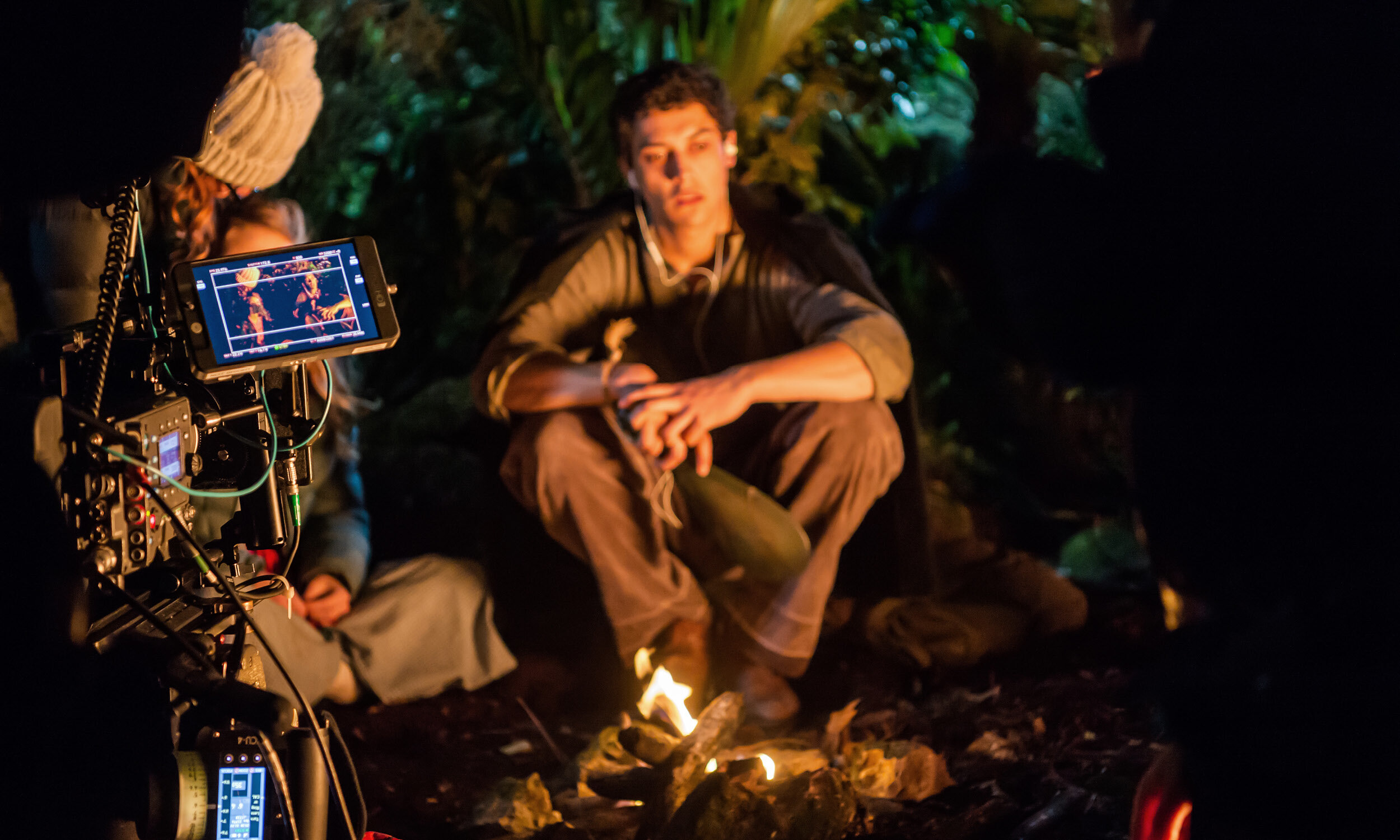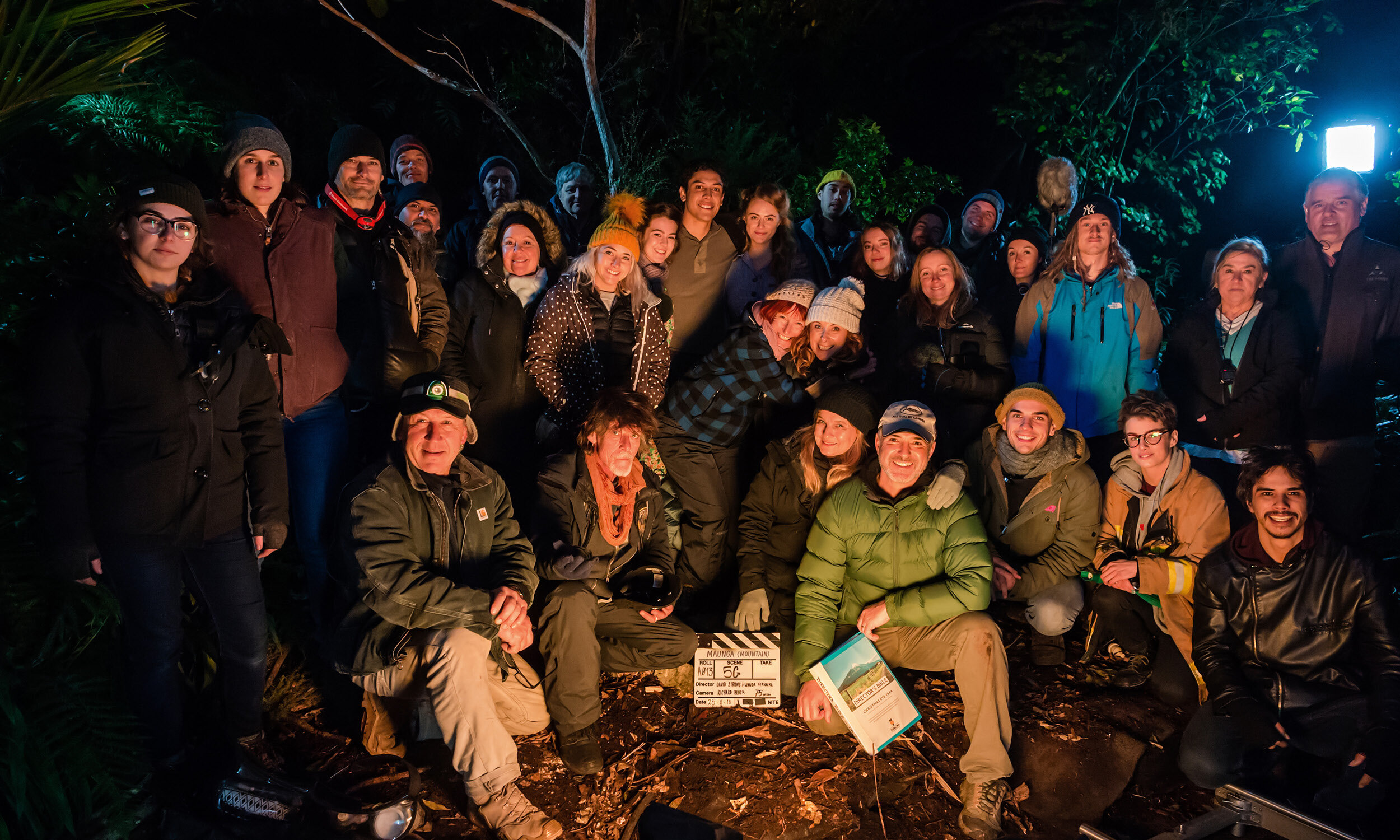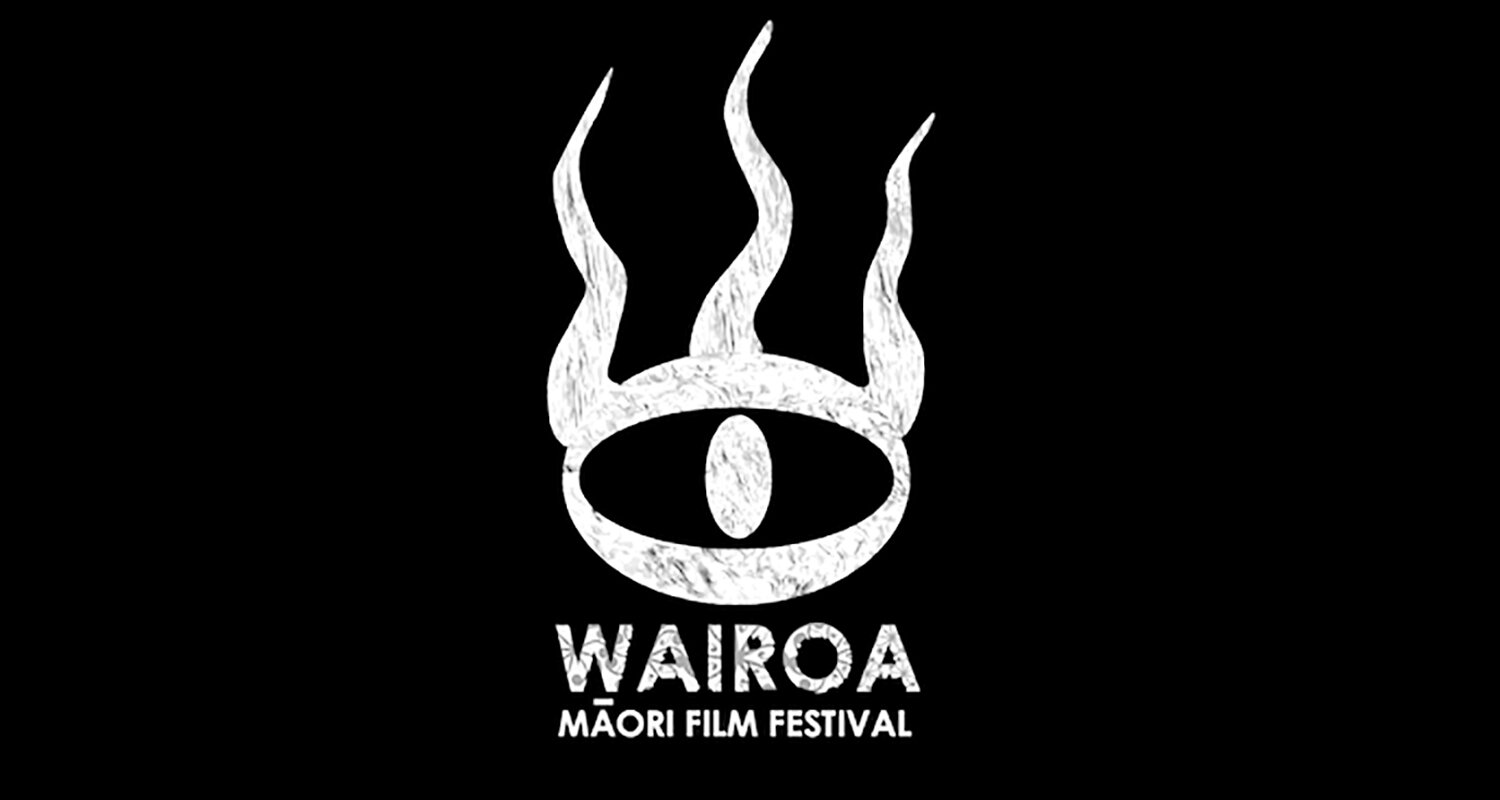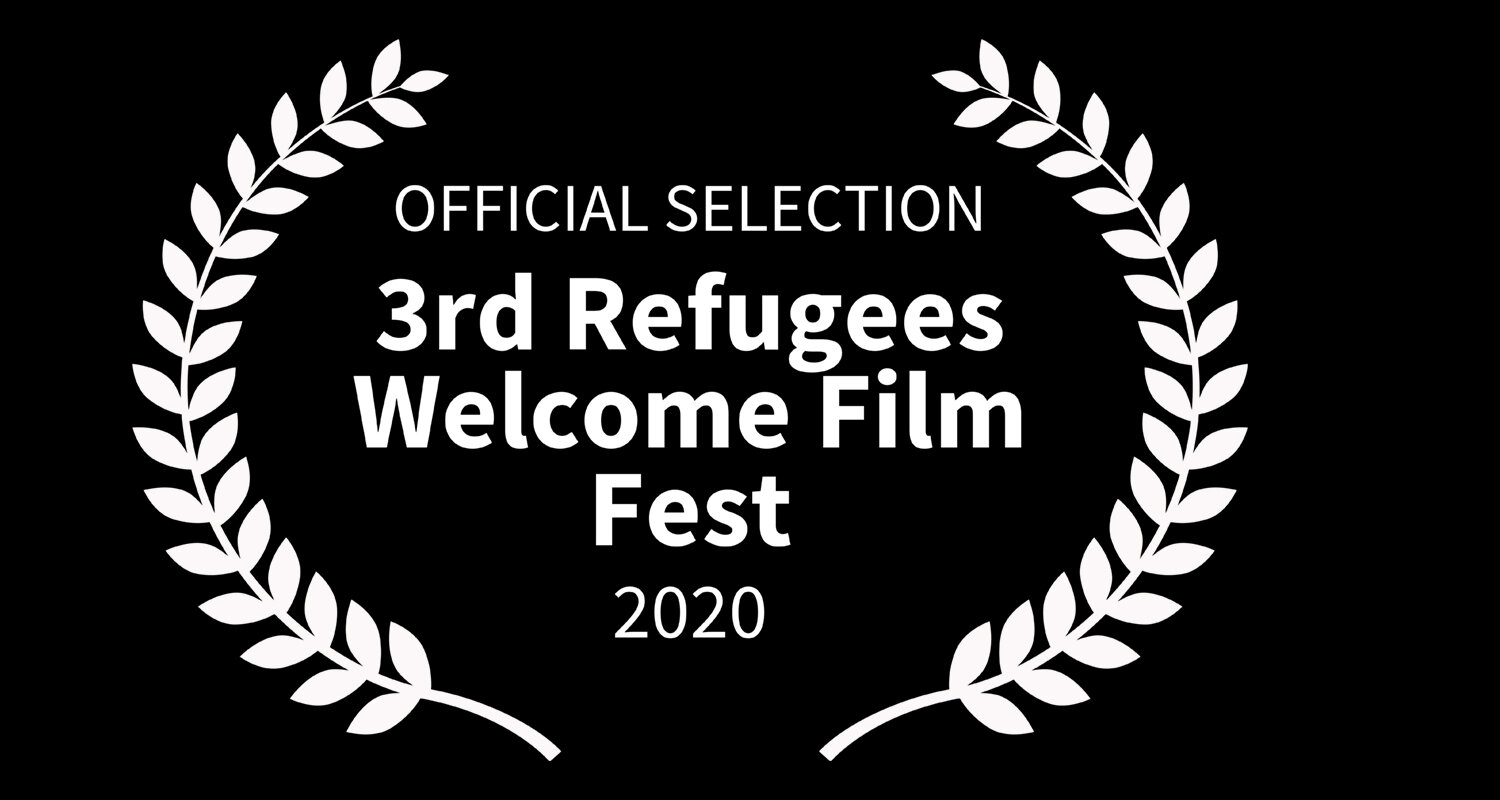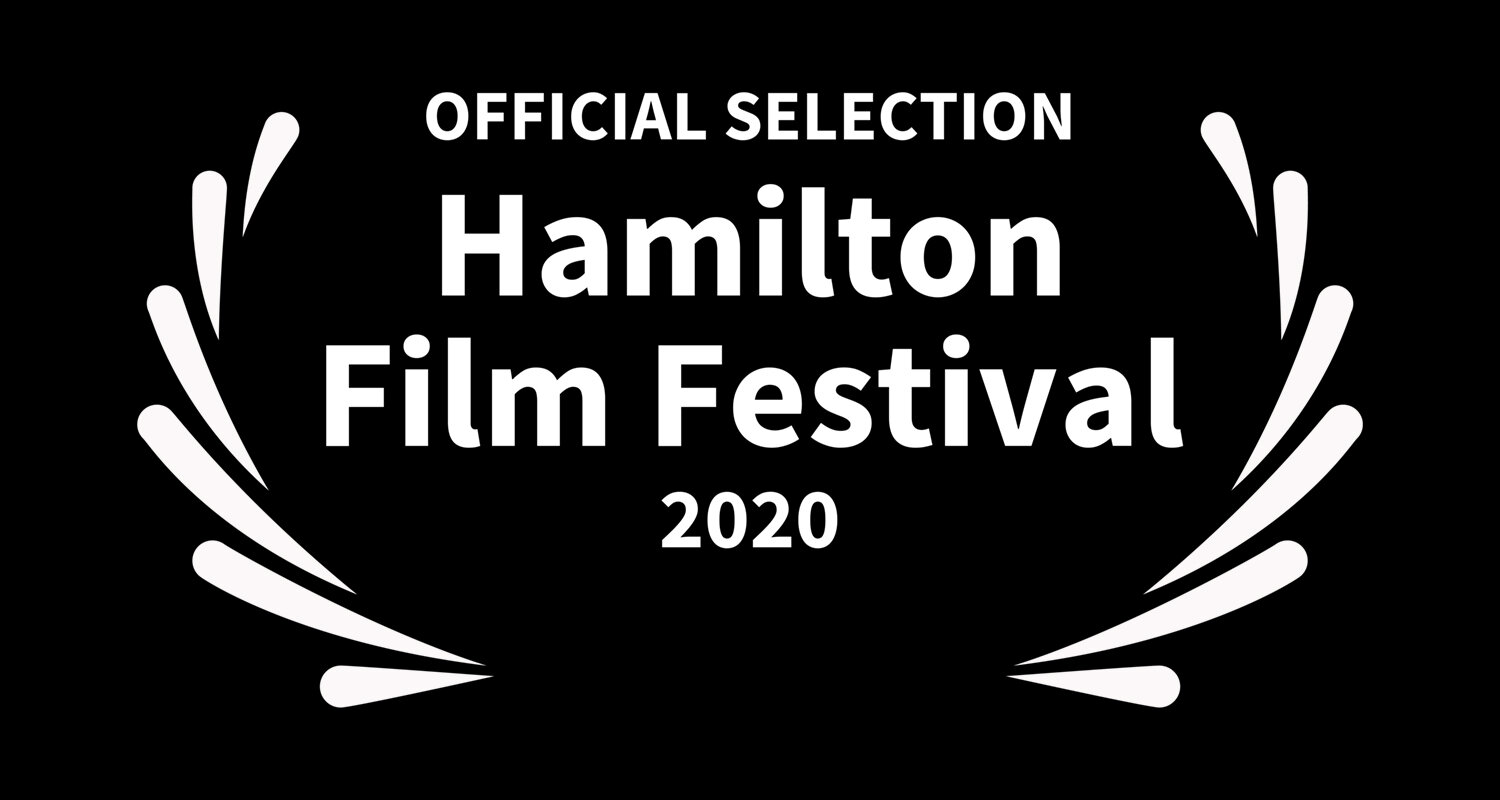
– FESTIVALS –
– trailer –

– ABOUT –
On Christmas Eve in 1944, Ania, a Polish orphan refugee and Sarah, a farm girl, discover their friend Tamati, a local Māori boy, broken and weeping at an ancestral cave in the thick forest at the base of the epic volcano, Mount Taranaki in New Zealand.
He has just learned that his father has been killed in action in Italy and yearns to call his spirit home. But to do so, he needs the others to tell stories of their own loss.
These three friends who have lost everything, on one night will become family. This night will define them forever.
– CAST –
KawaKawa Fox-Reo
Tamati
Phoenix Connolly
Ania
LARA STRONG
Sarah
DIRECTORS’ STATEMENT
Maunga (Mountain) is a story about three children whose lives have been upended by war and the tragic consequences of which they have no control over. It is told through their eyes and voices, and explores how they come to terms with their grief through sharing stories and helping each other cope.
The children are from three very different cultures and experiences, and the story shows how grief is universal and transcends cultural differences. It is symbolic that the children do this far from the eyes of adults, deep in a forest at the entrance to a cave that holds the spirits of ancestors who are looking over them.
It is a story inspired by true events and is an allegory for the world today, particularly how we approach the global refugee crisis, population shifts and radicalism. It has universal resonance and asks questions of how we all view ourselves, our neighbours and the universal values as a human race.
The story celebrates New Zealand‘s values of tolerance, cultural diversity and inclusivity, and how this brings strength to our identity.
David, as a United Nations peacekeeper, has witnessed the worst of human intolerance and violence on families and societies, and on children. Wanda, as the daughter of WWII Polish child refugees, has grown up with the powerful themes of this film. Together, we bring this understanding to a humanistic story-telling approach.
Toa Rangatira Wii Te Arei Waaka
Kia ora koutou katoa.
Kei te mihi maioha ki ngā kaitito i tuituia ngā tātai whakapapa mai te pakanga nui o te ao, ki Aotearoa, ki te awhi me te tautoko a ngā taiohi kei waenga i a ratou pōuri, a ratou taumaha. Ka hoki tatou ki o tatou Maunga e tū tonu rā. Otira, E hara taku toa i te toa takitahi, He toa takitini kē. Tae noa atu ki ēnei tini ahuatanga o tenei wā, e kore matou e wareware, ngā āhuatanga o tatou tupuna, ngā tikanga whakaaro o te ngākau, o te kotahitanga, ki te Maungarongo o te whenua.
Greetings to you all.
My acknowledgements go to the writers of this story that weaves together the ancestors who arrived to Aotearoa - New Zealand from the great war. It shows how our youth of yesteryear would support and embrace each other through their loss, sadness and grief that is always a fallout of war. But in those challenging times, it is when we of Taranaki look to our mountain for strength, and we remember that our strength is not of one alone, but of many united. Even in these forever changing times, we should take heed to the ways of our ancestors in their youth, showing us what really mattered to them and their survival, what they thought and how they express their pain with others, being brave enough to share from their hearts, in a way that unified across cultural boundaries and in tune with their mountains and land.
It is from this aspect that I feel the portrayal by the young actors authentically honours the need for expression of youth under duress, in those challenging times, and hopefully inspire modern generations to find someone to reach out to and get through, with a little support from their whānau and friends.
– 1 November 1944 –
The Polish orphan children of New Zealand
On 1 November 1944, 733 Polish orphan children arrived in Wellington harbour. This marked the end of a tragic exodus from Poland four years before where nearly two million Poles had been ethnically cleansed by Stalin into Siberian gulags. Over 1.7 million perished.
Arriving in New Zealand, these children had lost their homes and family. It was intended that at the end of the war they would return to their homeland. However, the Cold War prevented this from happening and they settled in New Zealand, becoming Polish-Kiwis.
Many of the children were looked after on holidays by New Zealand families, particularly in rural communities. Ania in Maunga is based on many of the children’s experiences.
The Polish Children of Pahiatua – Documentary
Polish refugee children arriving in New Zealand on board the ship General Randall. Ref: 1/2-003634-F. Alexander Turnbull Library, Wellington, New Zealand. /records/23166346
– ON SET –
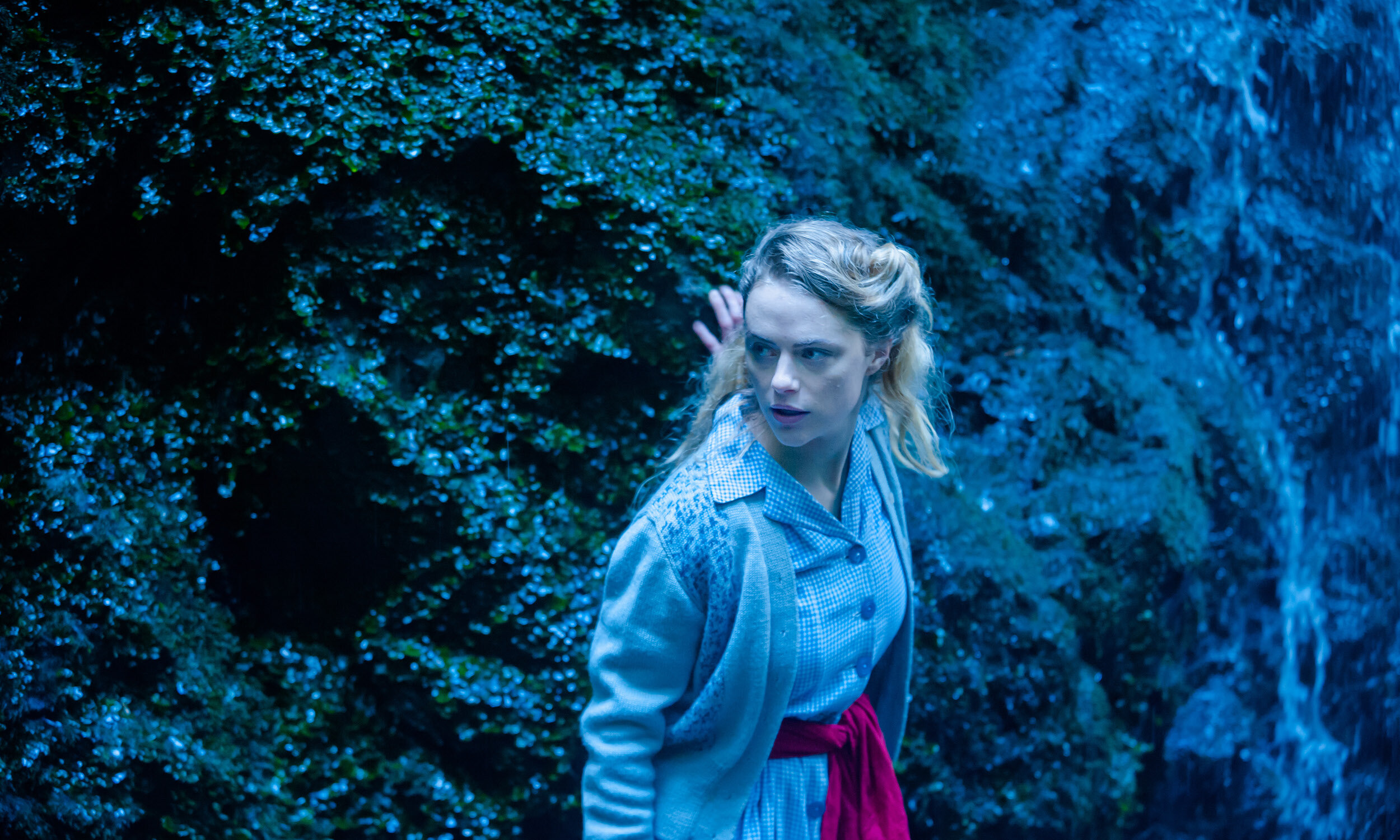
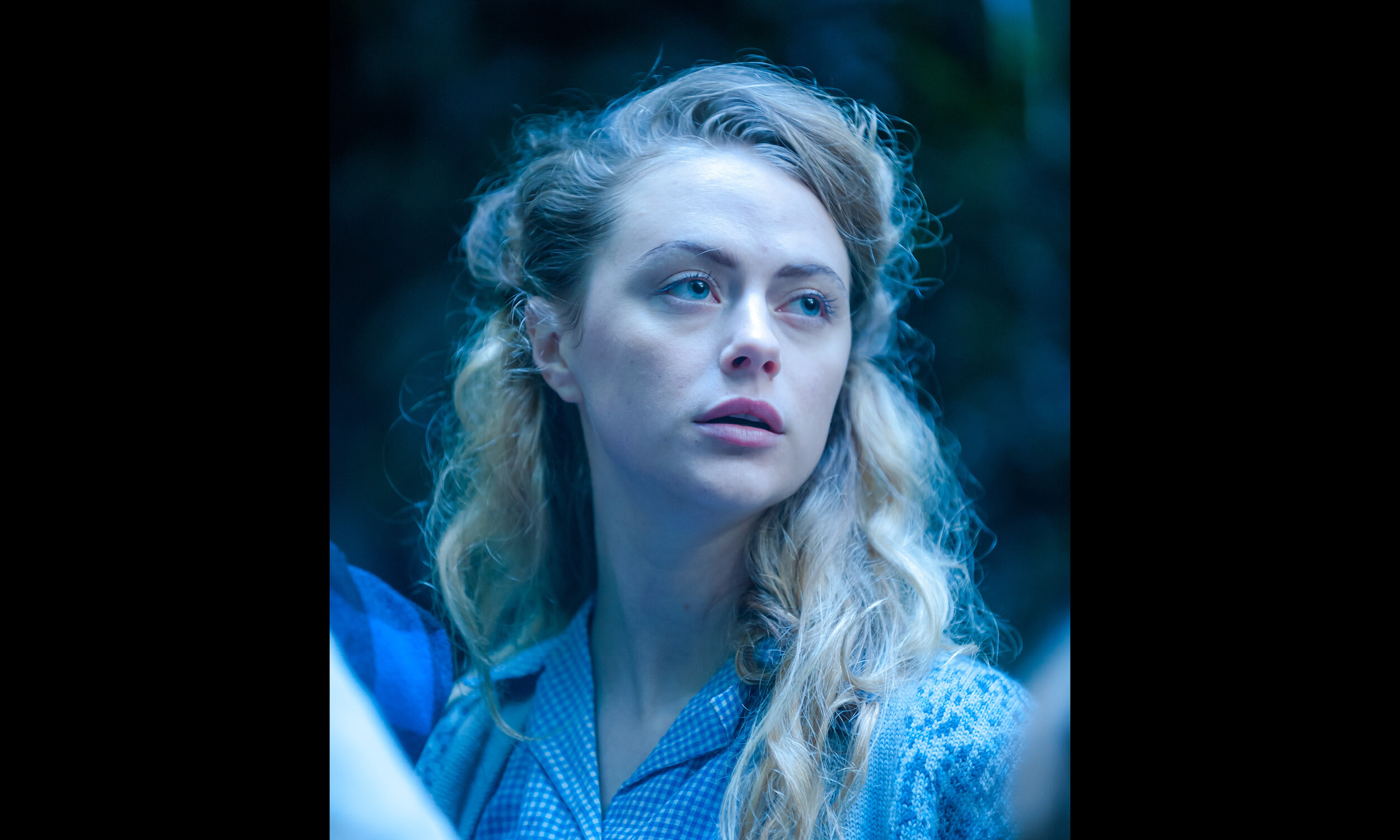
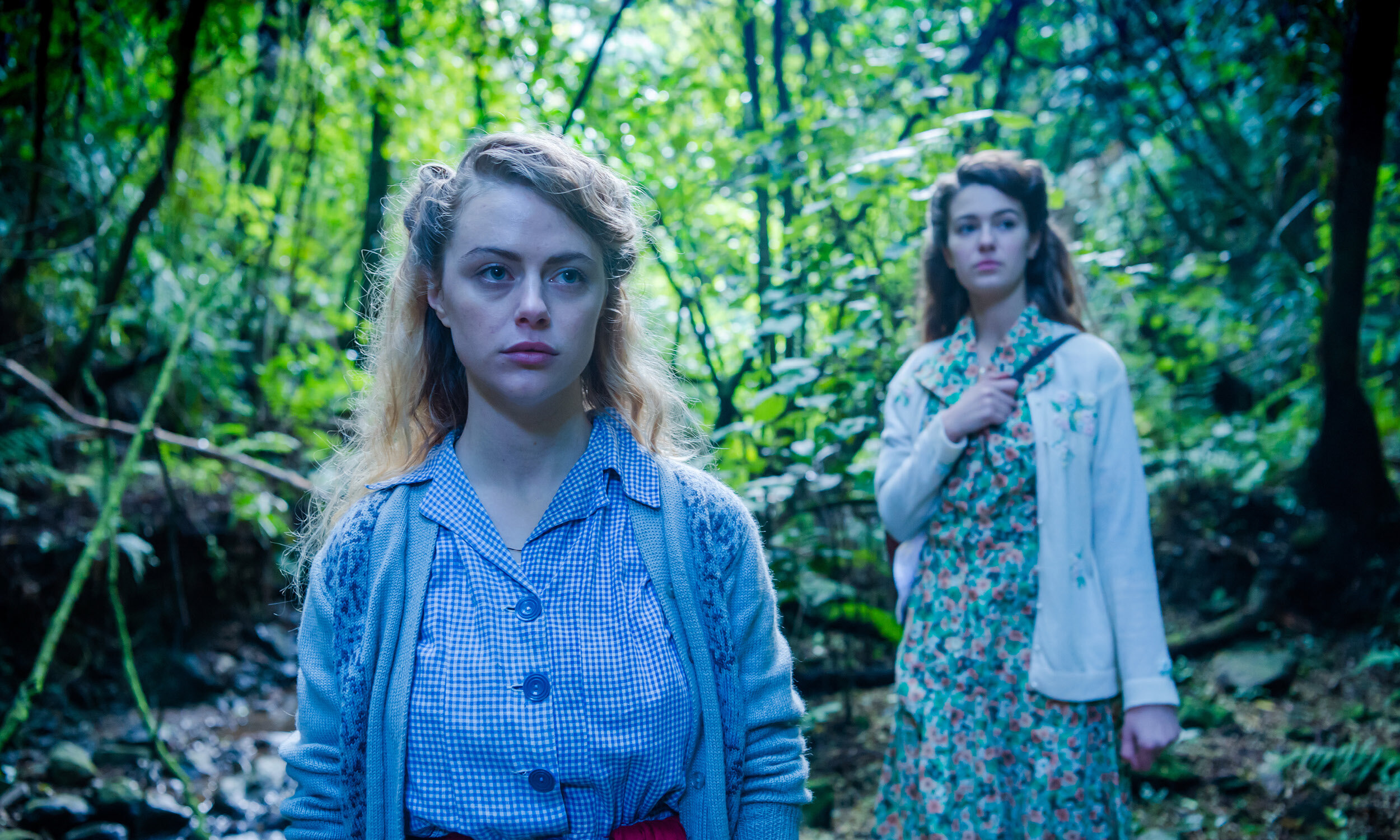
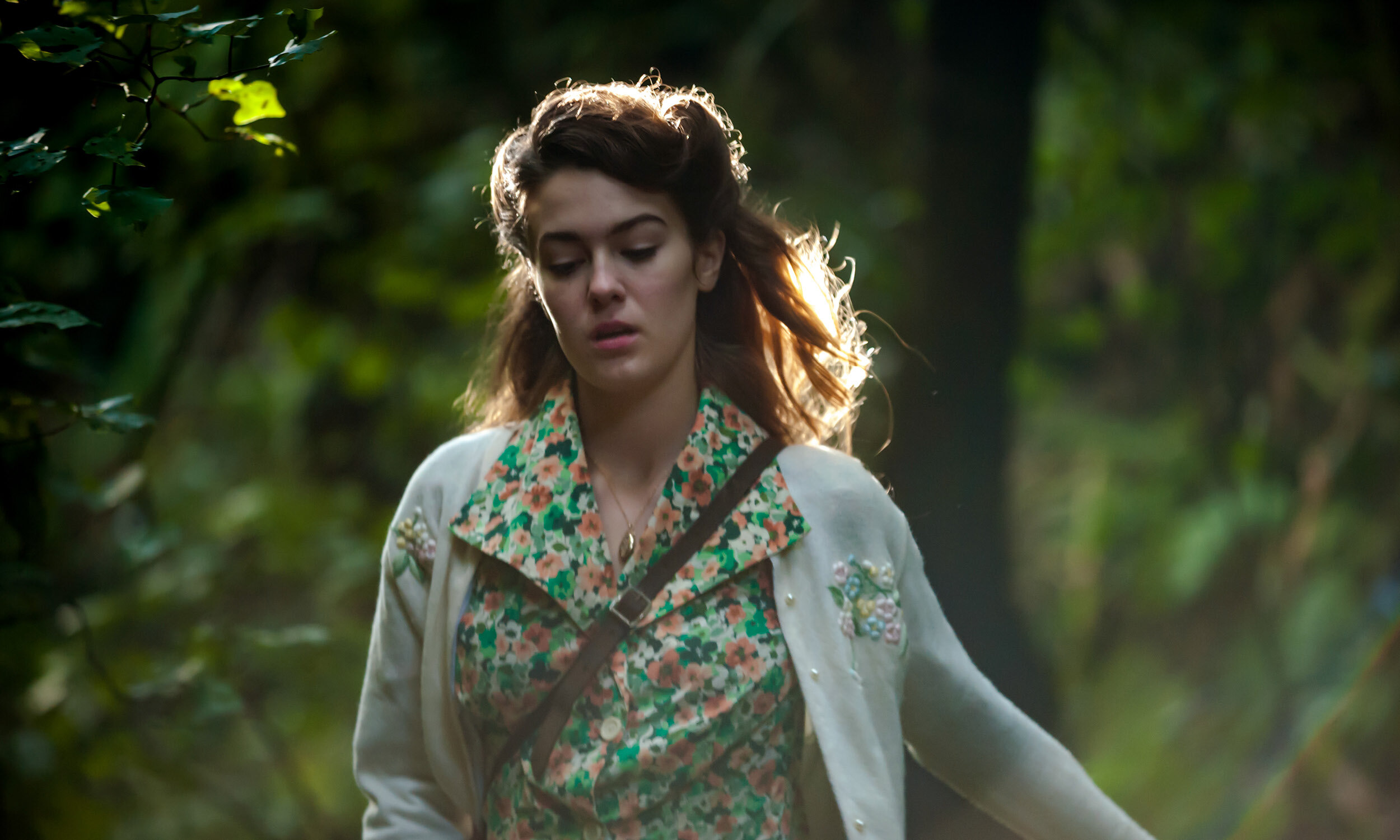
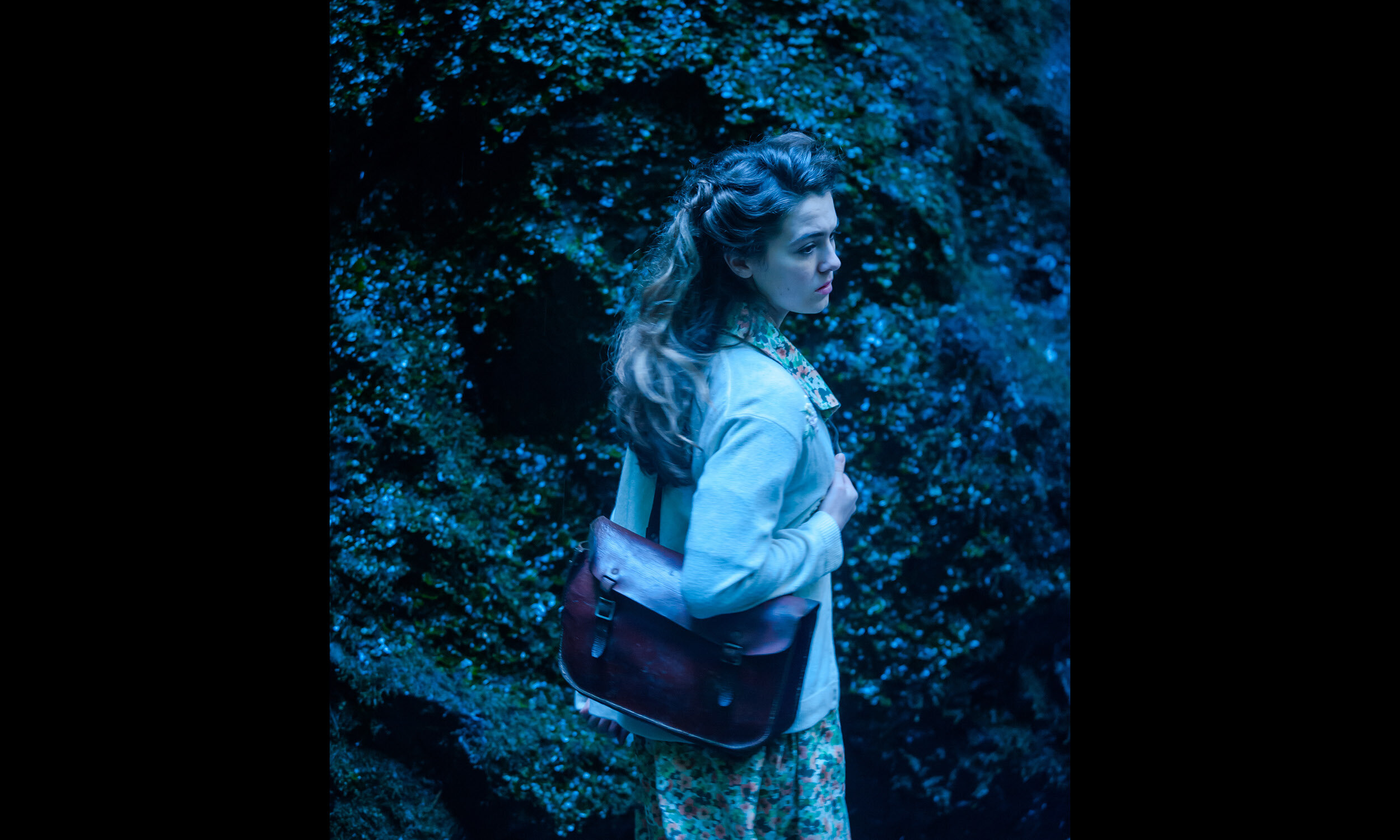
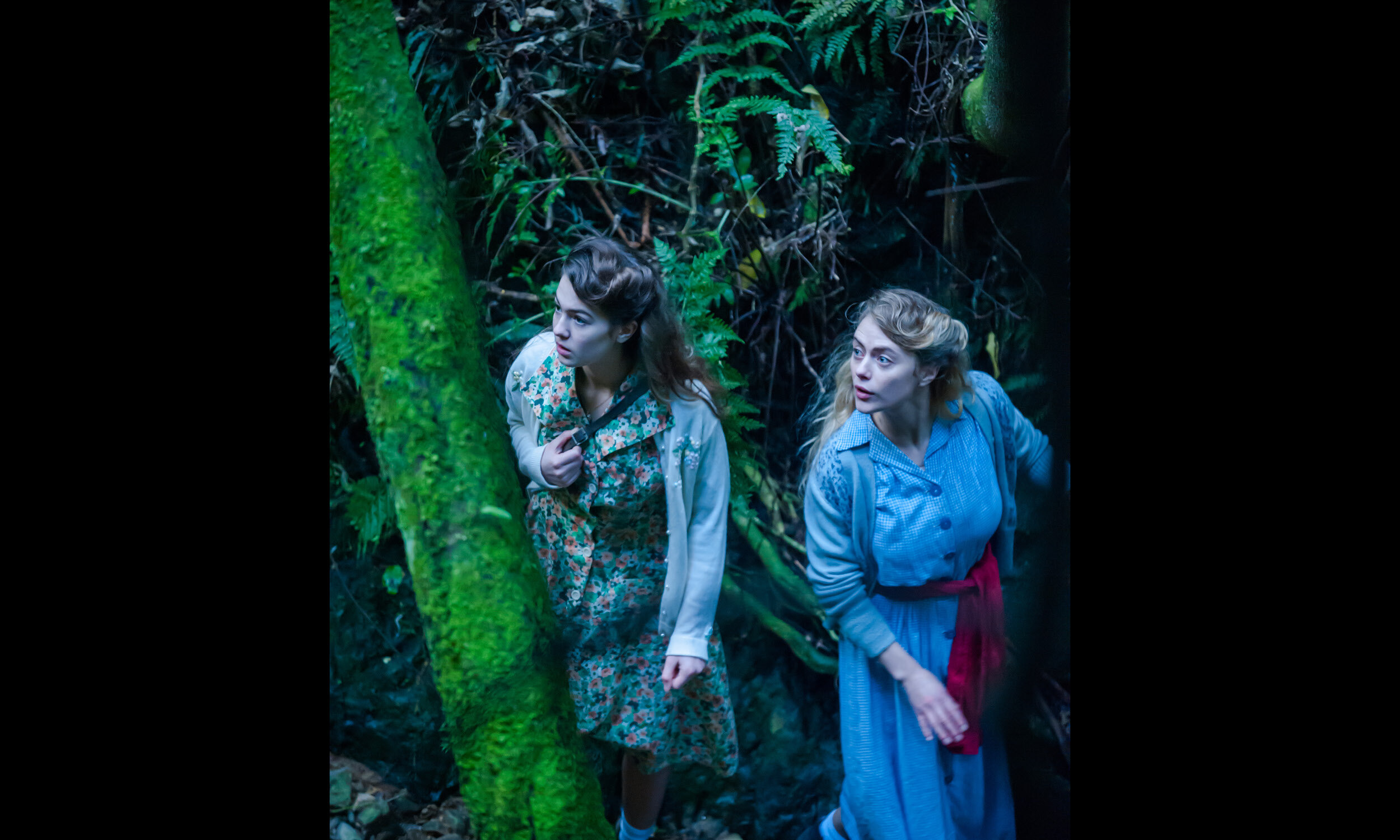
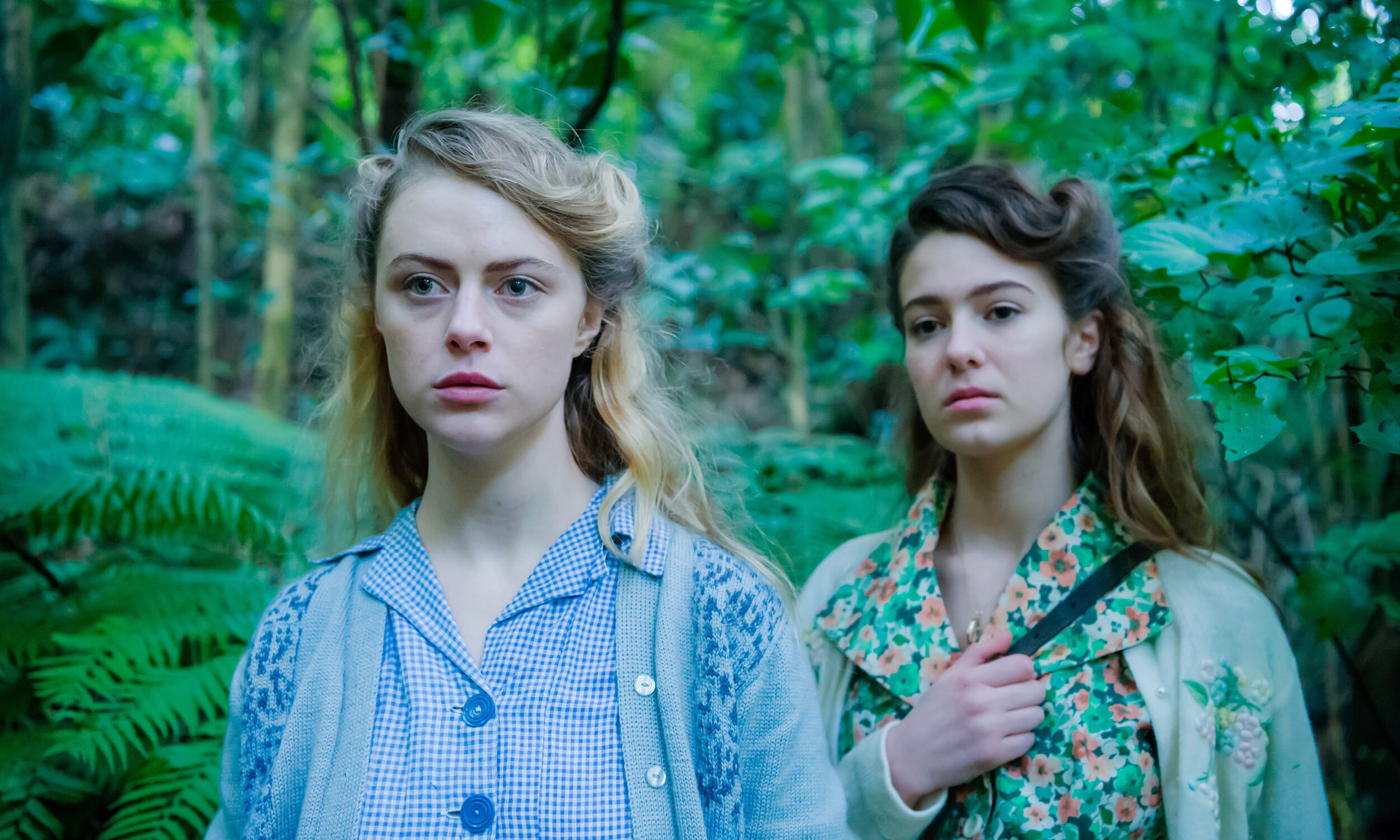
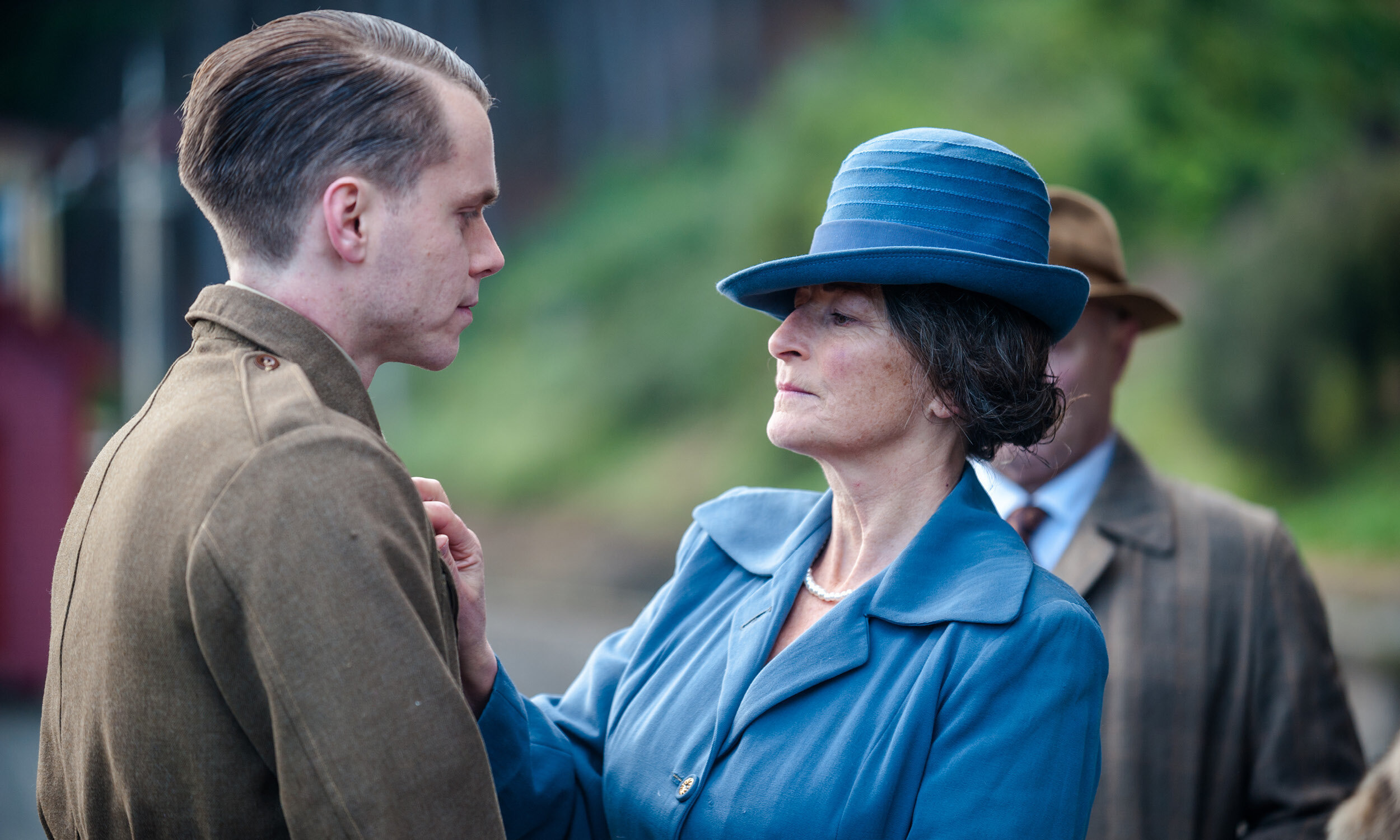

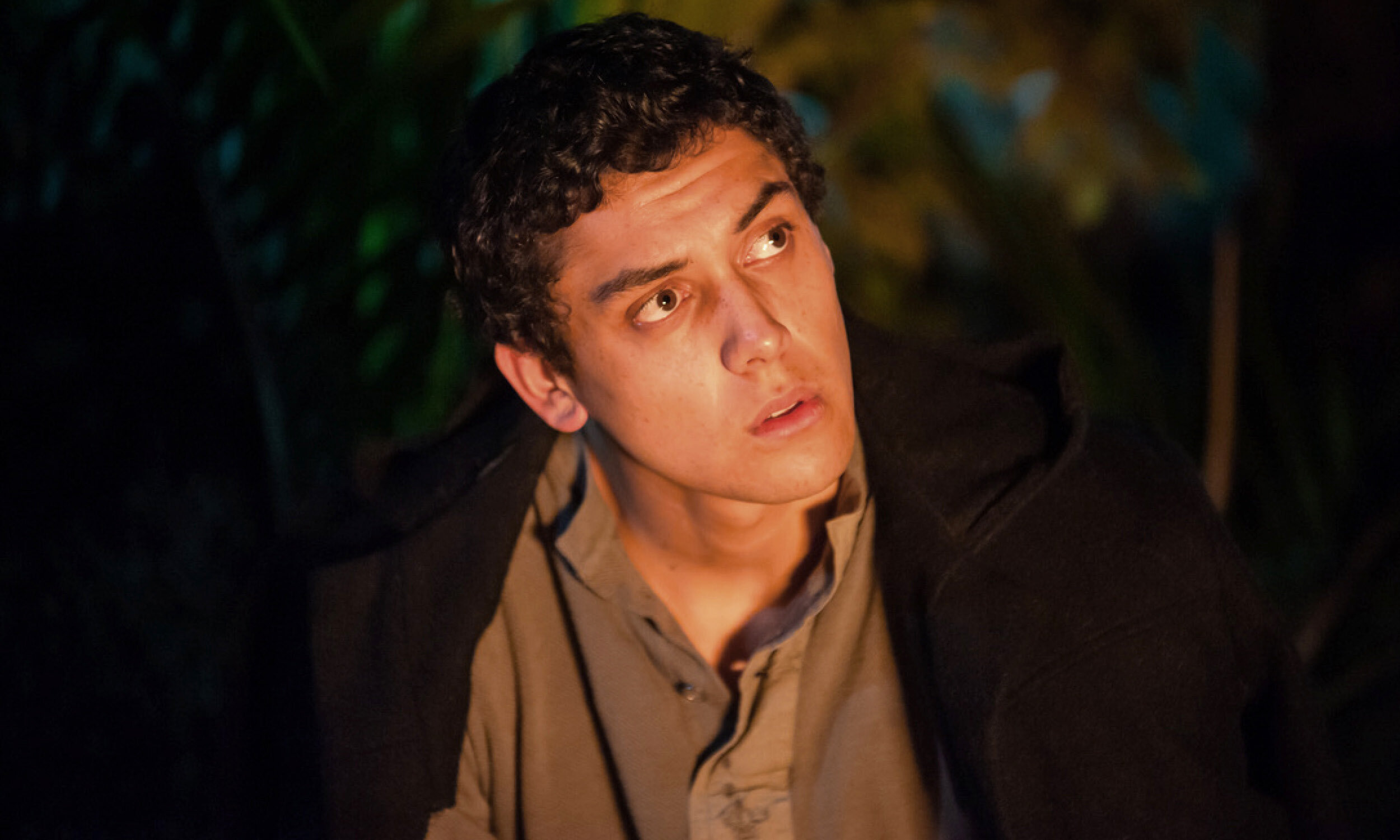
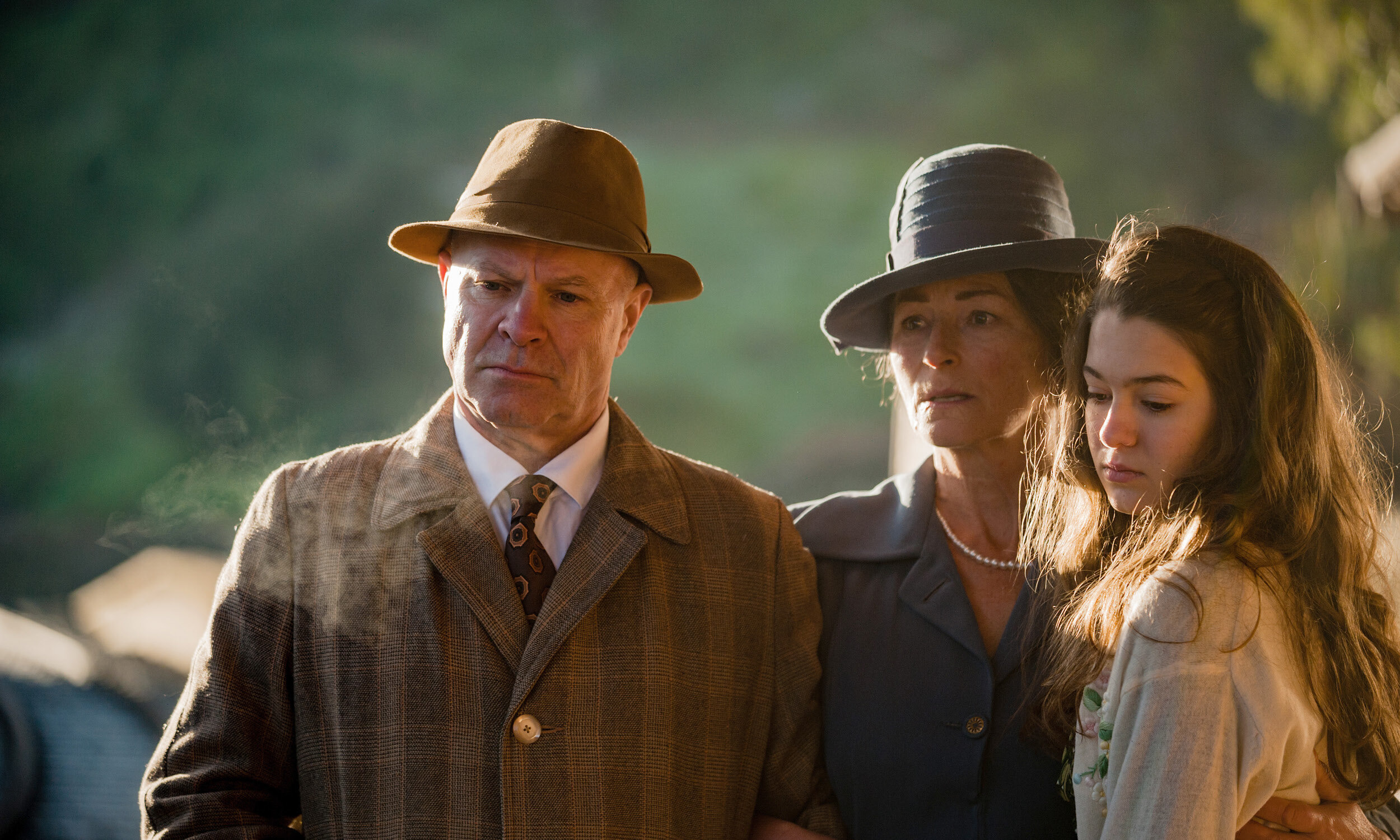
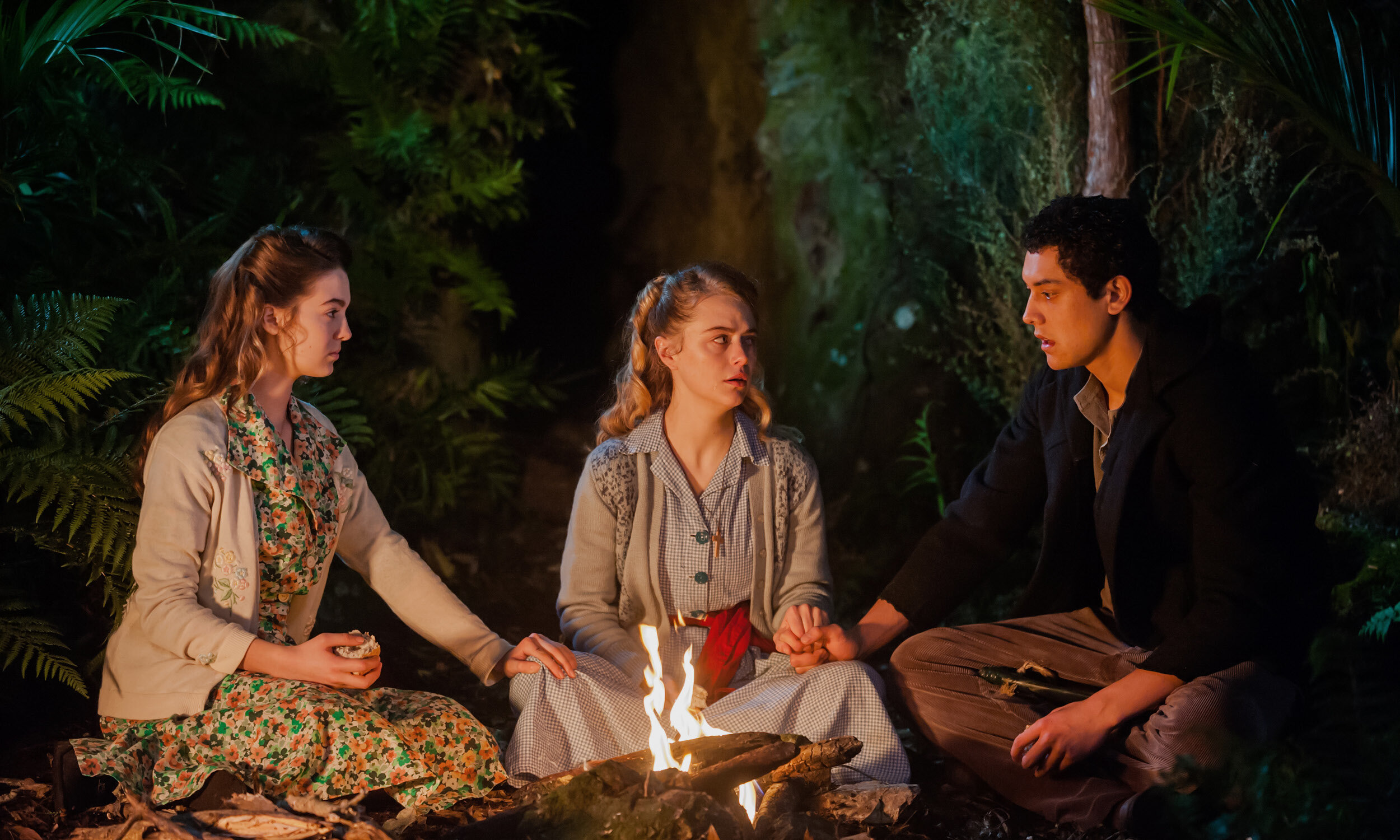
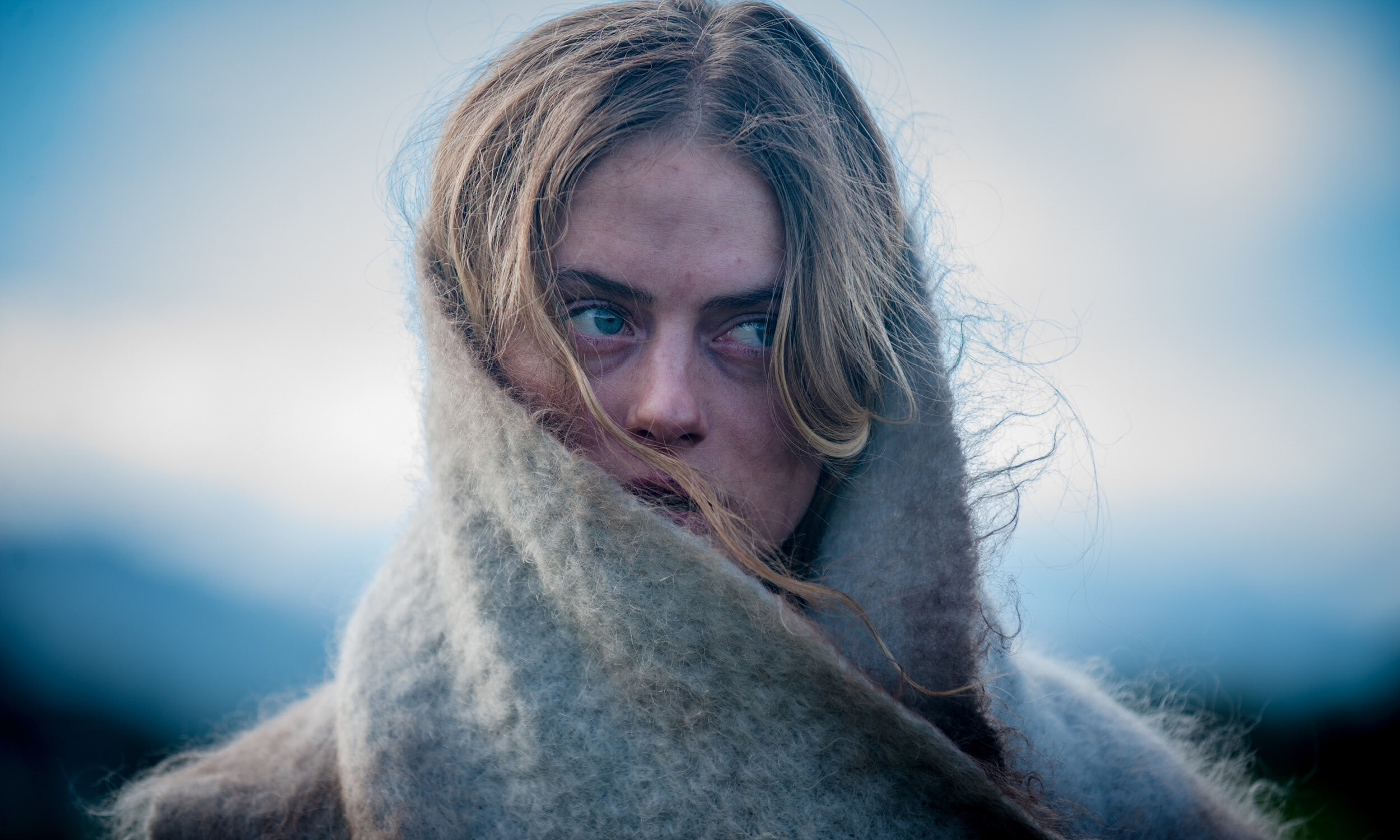
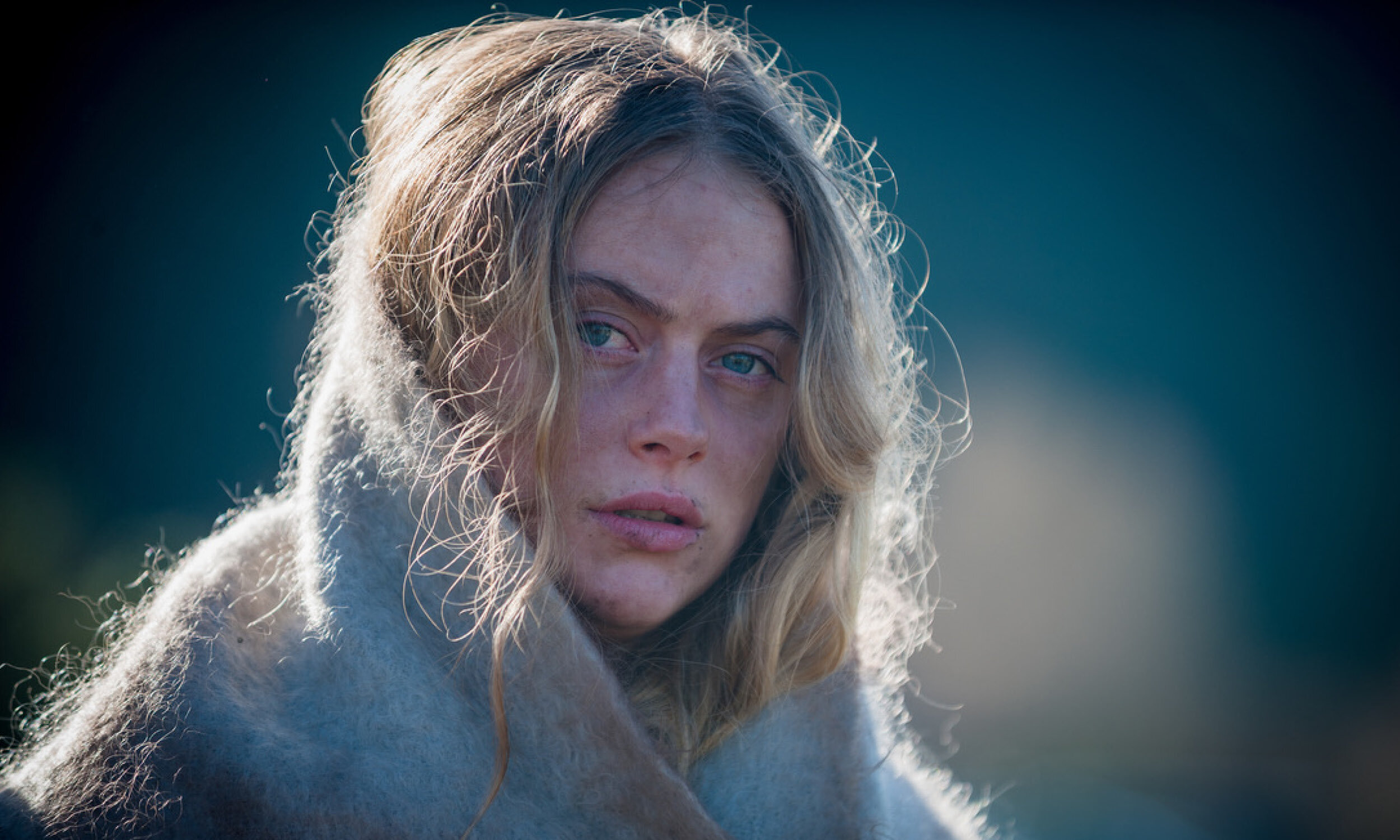
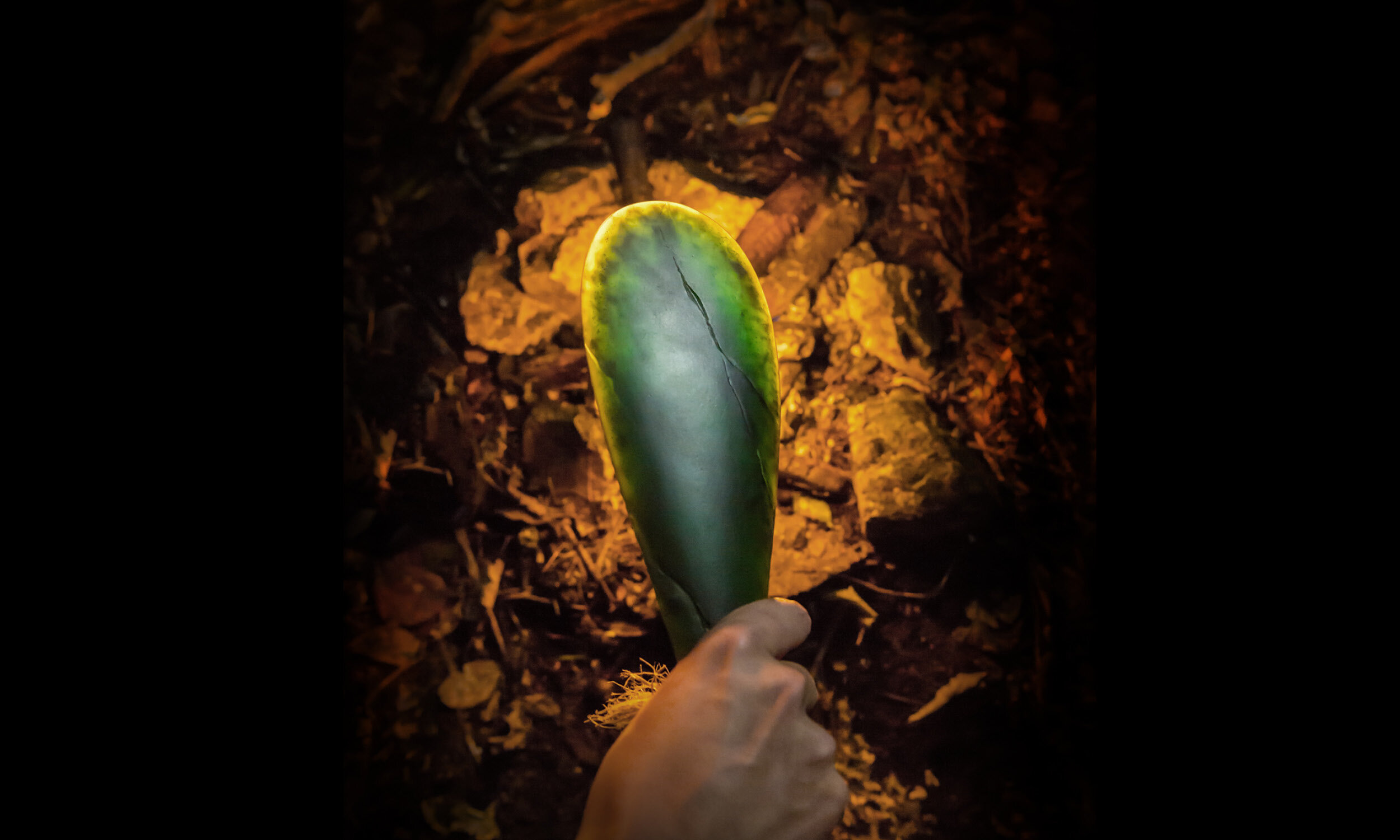
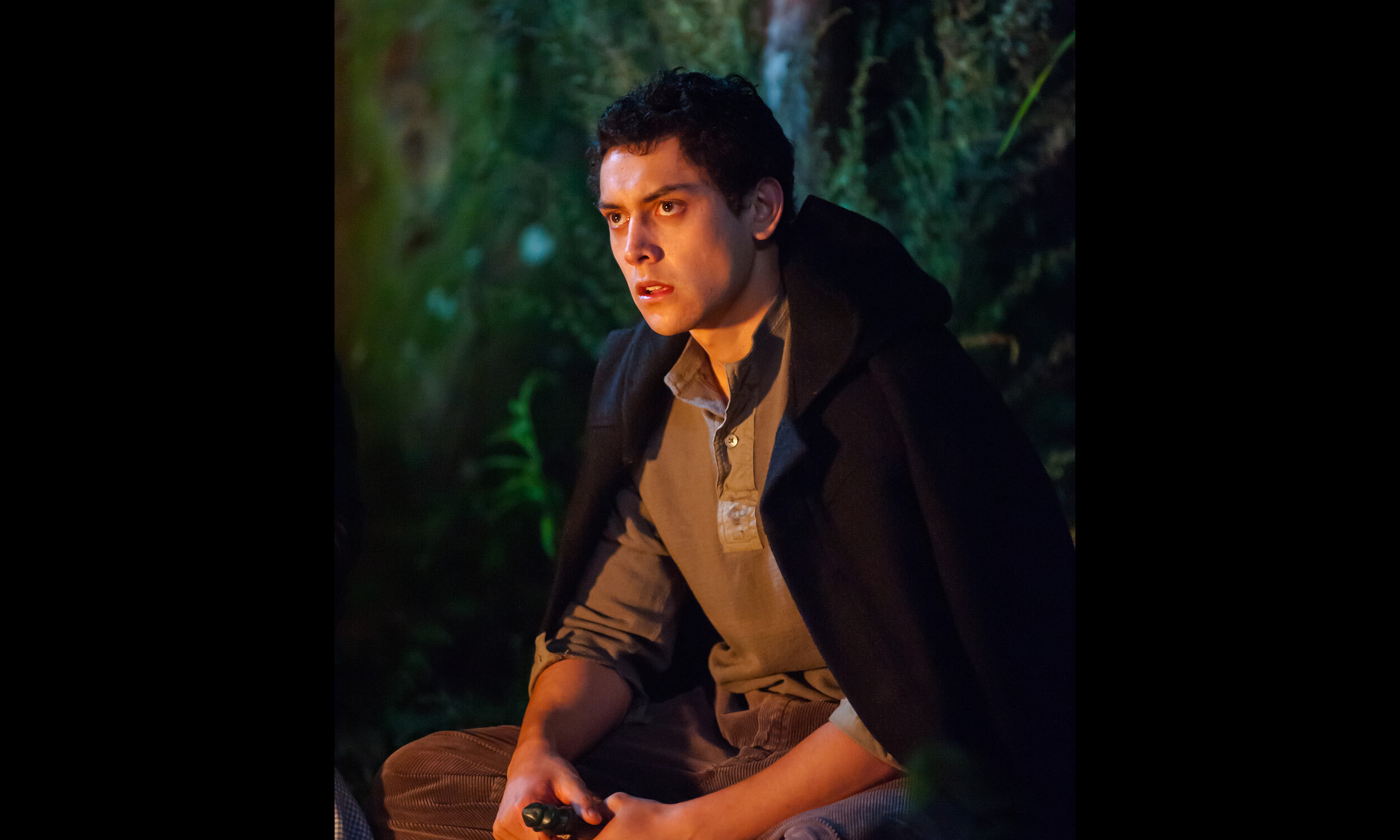
– BEHIND THE SCENES –
